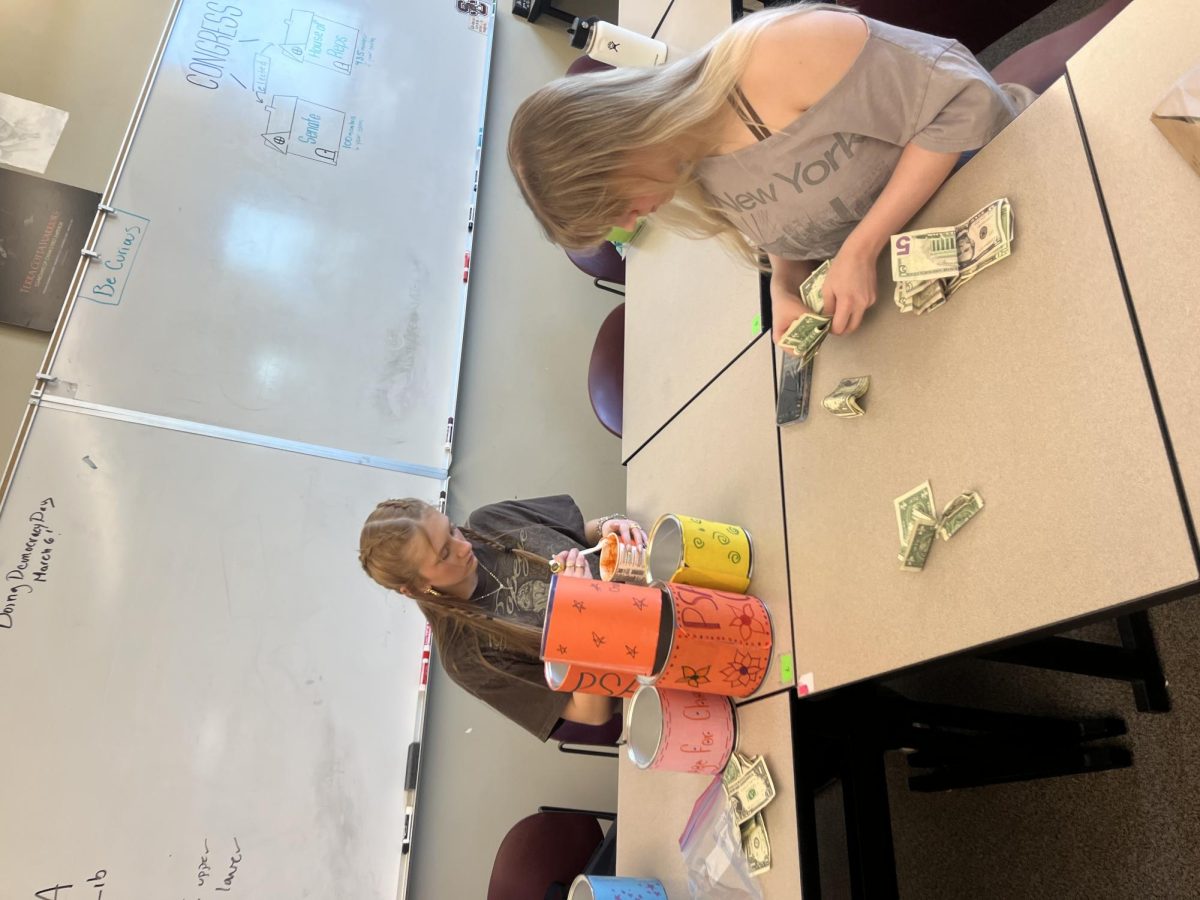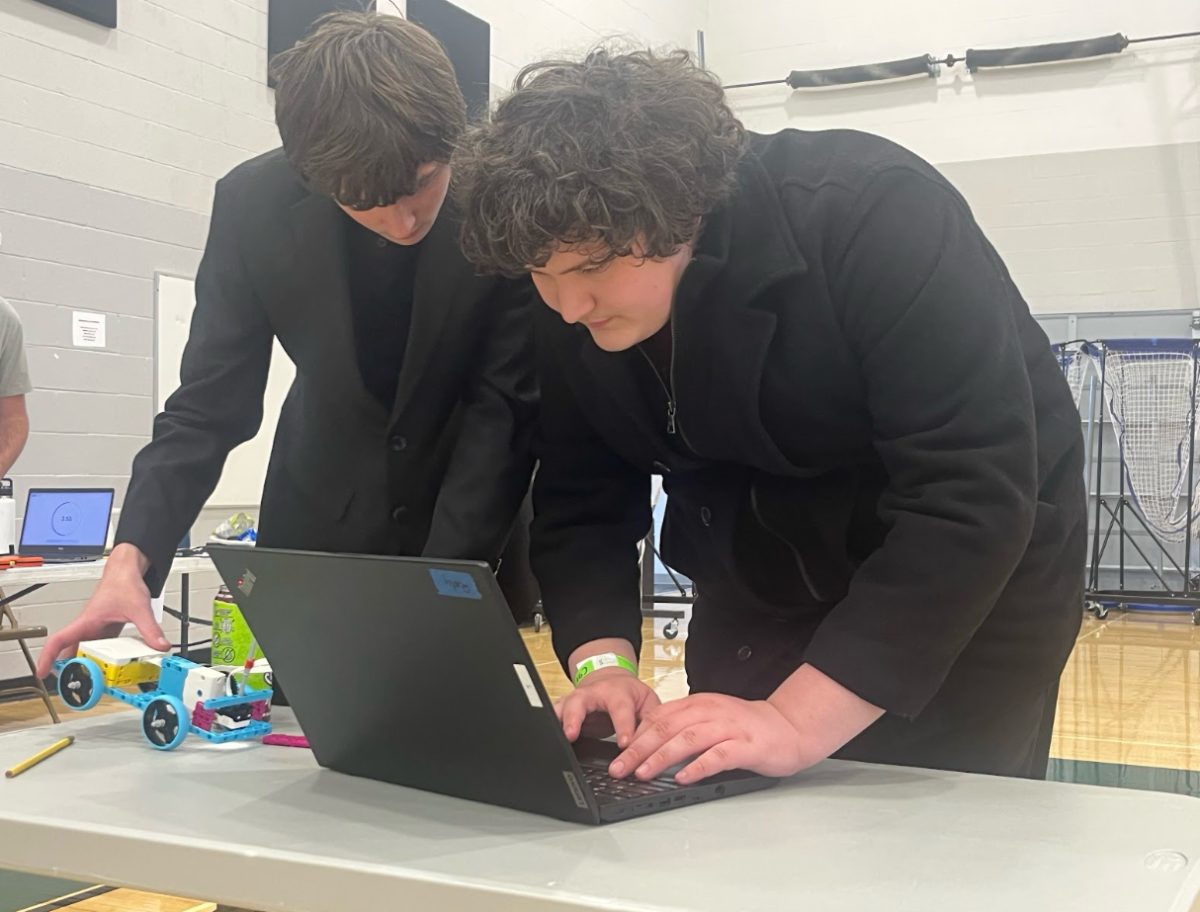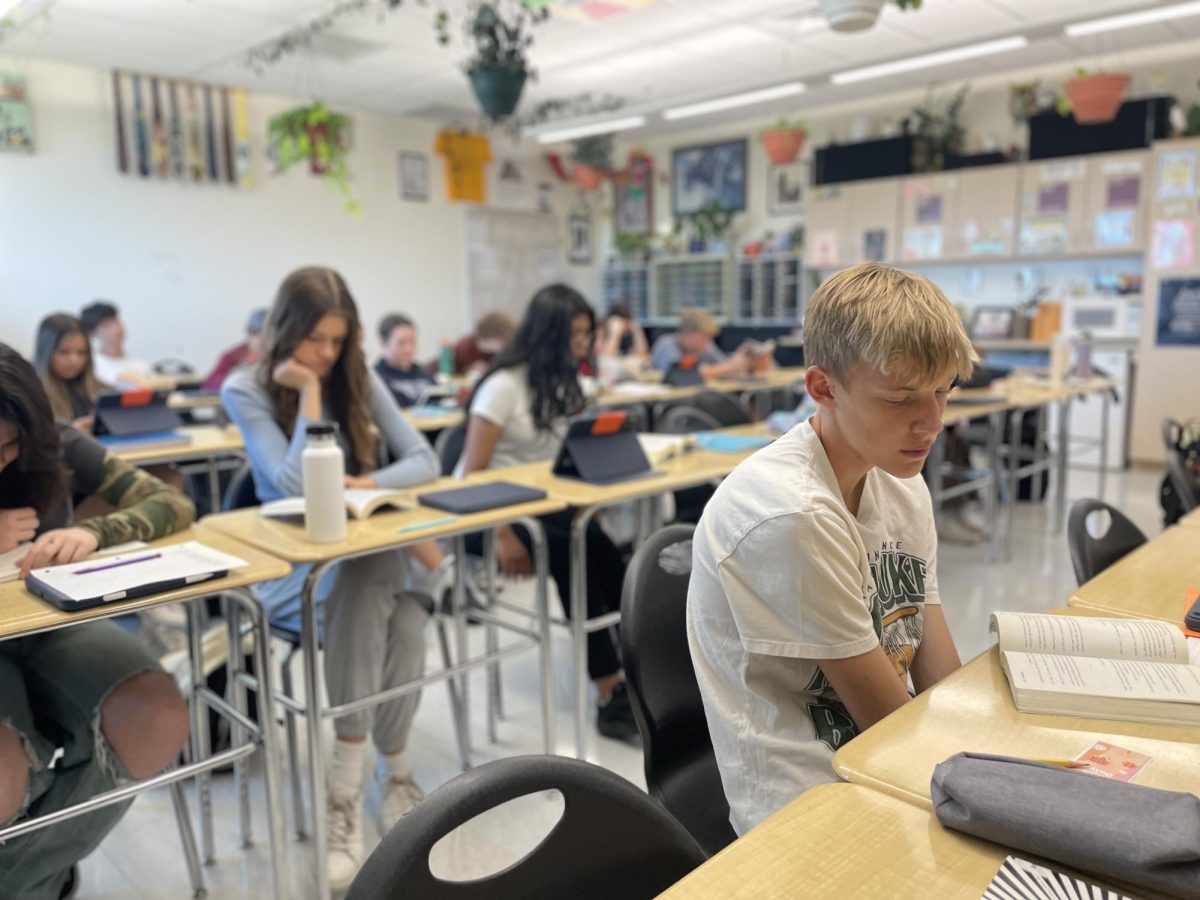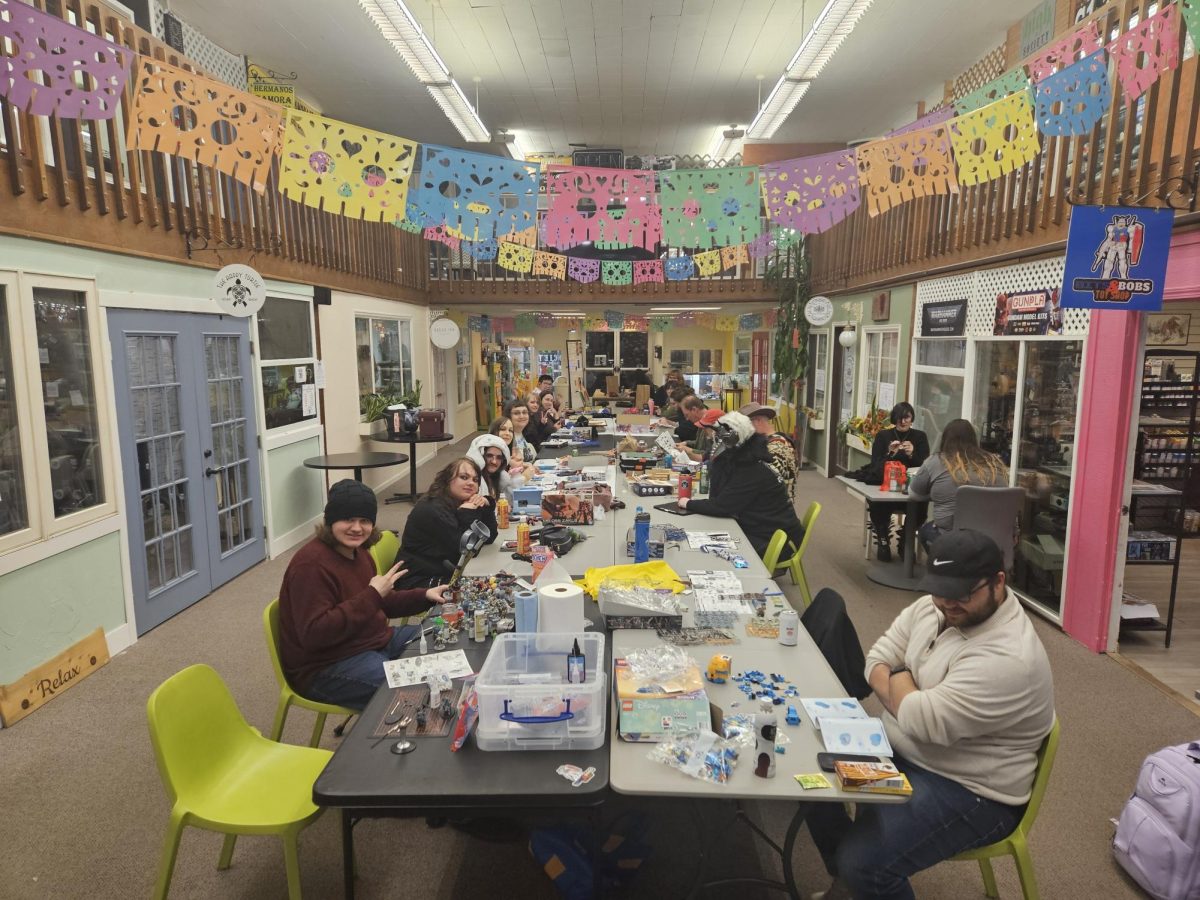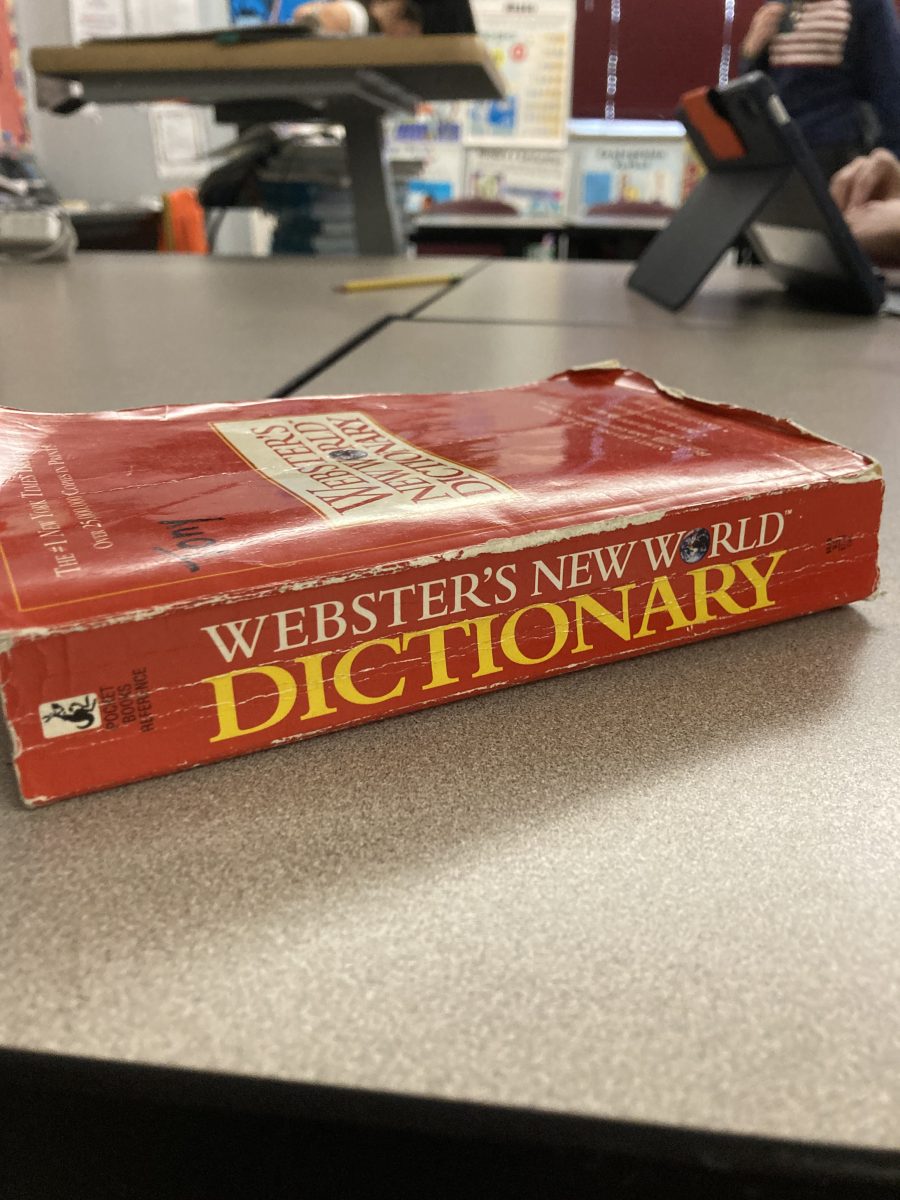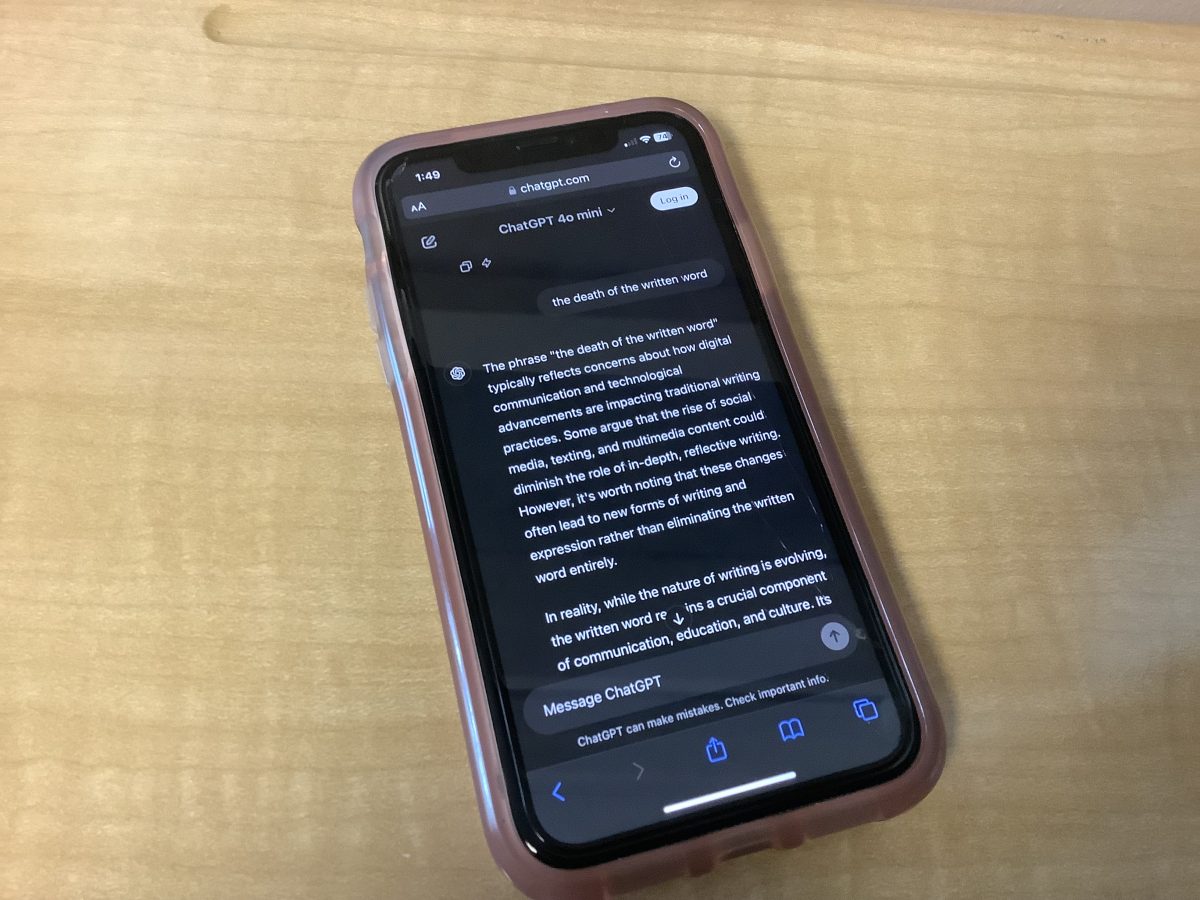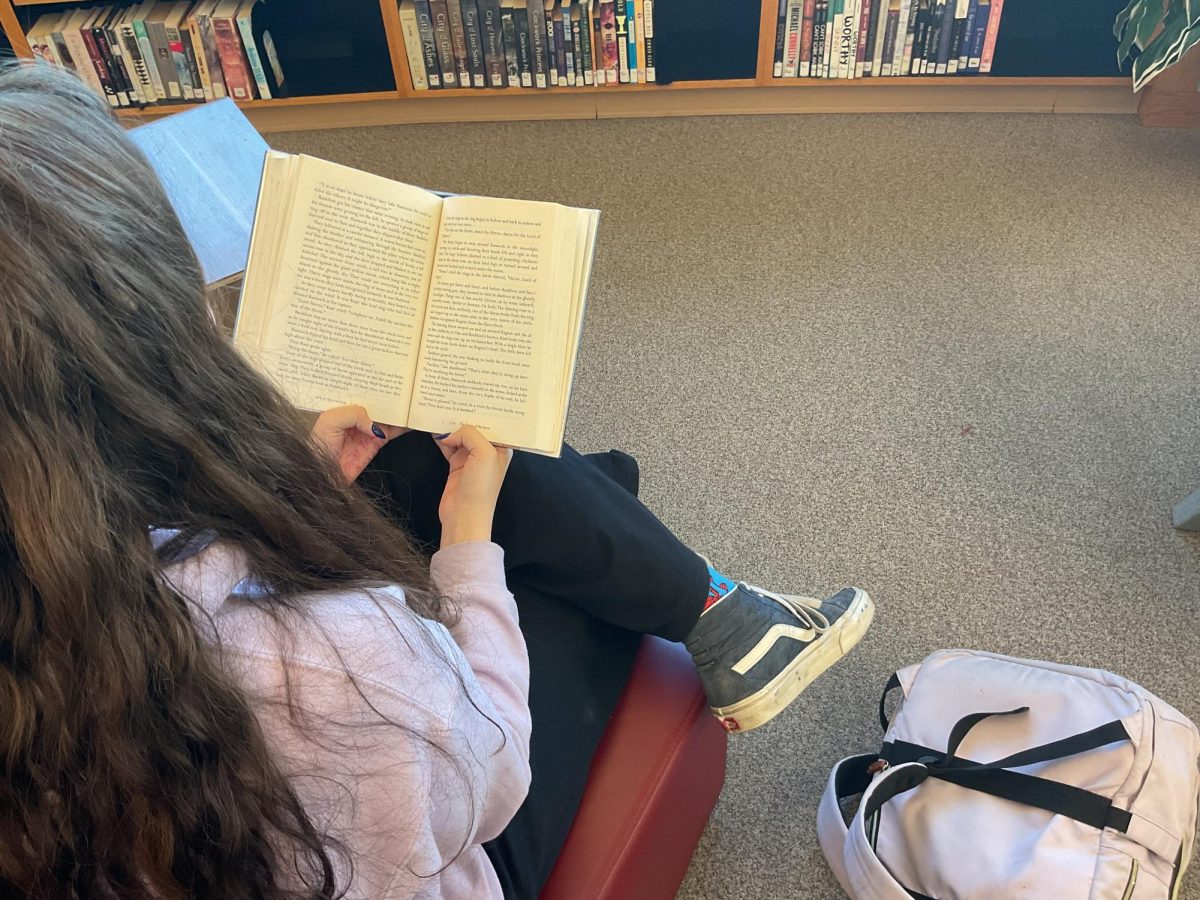It has grown increasingly concerning that the written word is of the endangered variety. The dissipation of grammatical devices; the dilution of innovative vocabulary; the absence of authentic human writing. With the rise of AI comes a troubling, dystopian, future: the death of the written word.
Silver Creek High School AP Language and Composition teacher, Joylynn Boardman, is “frightened” about the trending lackadaisical approach to writing assignments.
“It feels like no one is thinking critically,” Boardman stated, “[it’s] super easy to go to AI and have it all written for you.”
With the ideology that the written word is nothing more than harnessed thought, it is increasingly terrifying that there seems to be no care for the consequences of AI usage. It is something that should not be brushed under the rug, for the implications upon free thinking— and the human conscience as an entirety— are only presently becoming apparent. When will the originality of human creation fall into the grasp of artificial intelligence; when will the very thoughts of mankind be overtaken by computer code?
“This is why there was a strike in Hollywood,” Boardman said. “[writers] didn’t want people using AI to write scripts.”
Boardman’s allusion to the recent writer strike in the film industry should be something to consider. This is one of the few notable instances of revolt against AI, and it mostly centered around the fact that these new programs are threatening a creative domain long-held by the human hand. The looming challenge of rapid expansion regarding technology presents a stark threat of joblessness in the world of writing.
Jason Lathrop, Silver Creek High School AP Literature teacher, is a believer in the previously touched upon concept of AI affecting not only the way society perceives artful prose but rather the way society perceives the intrinsic right to contemplation.
“If kids are creating things using AI,” Lathrop stated, “they lose out on the opportunity to formulate ideas.”
The loss of individuality, and the uniqueness of one’s voice, is of utmost prominence in relation to this deus ex machina. AI acts as a simple, bordering on mindless, solution to a problem that demonstrates as seemingly unresolvable without interference.
“Putting into words what you’re thinking is the hard part of writing,” Lathrop said, “and I think once you’ve gone down the road of having somebody else do the heavy lifting for you, then there’s not a real reason to go back and do it.”
For it is nothing less than human nature to rely upon ease; whether it be advances in laundry machinery, or in literary assistance, society seeks the comfort of simplicity.
“People need to embrace the idea that the things that are the hardest are the things that ultimately we hold most [in our soul],” Lathrop stated.
Without the tedious efforts of studentry— the dedication to learned literature in youth— there grows a much more complex sequential pattern of failures. What begins as nothing more than lazily completing an assignment, compiles into an amorphous form of mundane insipidness.
Silver Creek High School English teacher, Diana Dame, possesses a unique perspective regarding the pernicious effects of AI upon literature.
“AI allows people to parade as authors,” Dame said, alluding to the performative aspects new technological resources enable.
In a way, AI allows accessibility to something that otherwise should be precious. Something that should be comparable to gold in a river, a rarity, a gift. Instead, it has become nothing more than a commodity of the commoner.
The usage of AI affects both scales of mass— society as a whole; and few— educational environments such as the classroom. For many language teachers, such as Dame, it is not uncommon to observe abuse of these aforementioned literature-based resources.
“At this point, as an English teacher, I see students use AI to do their writing for them,” Dame said. “If it’s not handwritten, I don’t trust it.”
This is a particularly intriguing fact; in view of the idea that, the very essence of writing is trust. Trust between reader and writer, trust between listener and storyteller, trust between mentee and mentor. Trust between student and teacher.
Though, arguably Dame’s most profound opinion lay in her expectations of the future.
“It reminds me of the ending of ‘Fahrenheit 451’, by Ray Bradbury,” she stated. “We will destroy writing as a society, only to treasure its value when it’s on the brink of extinction.”
For it is not the written word that is dying, but its importance.
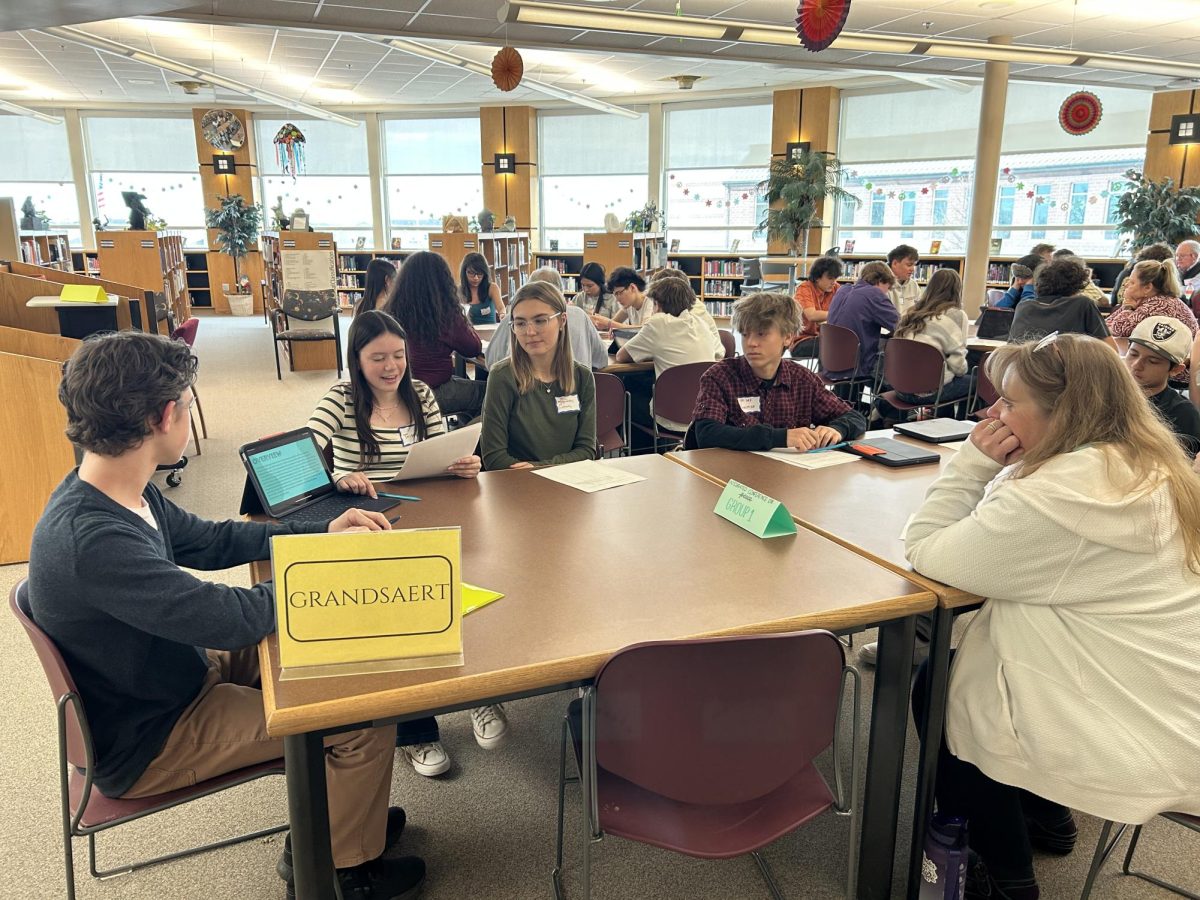
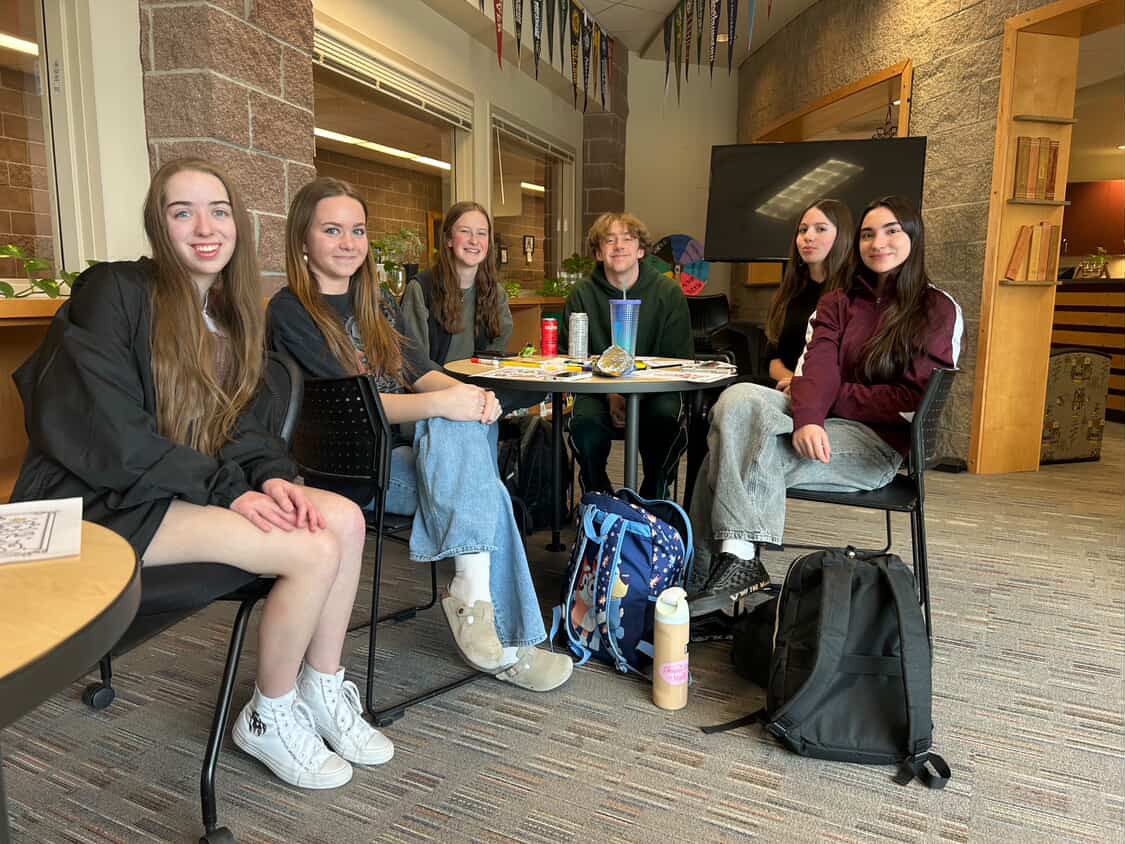
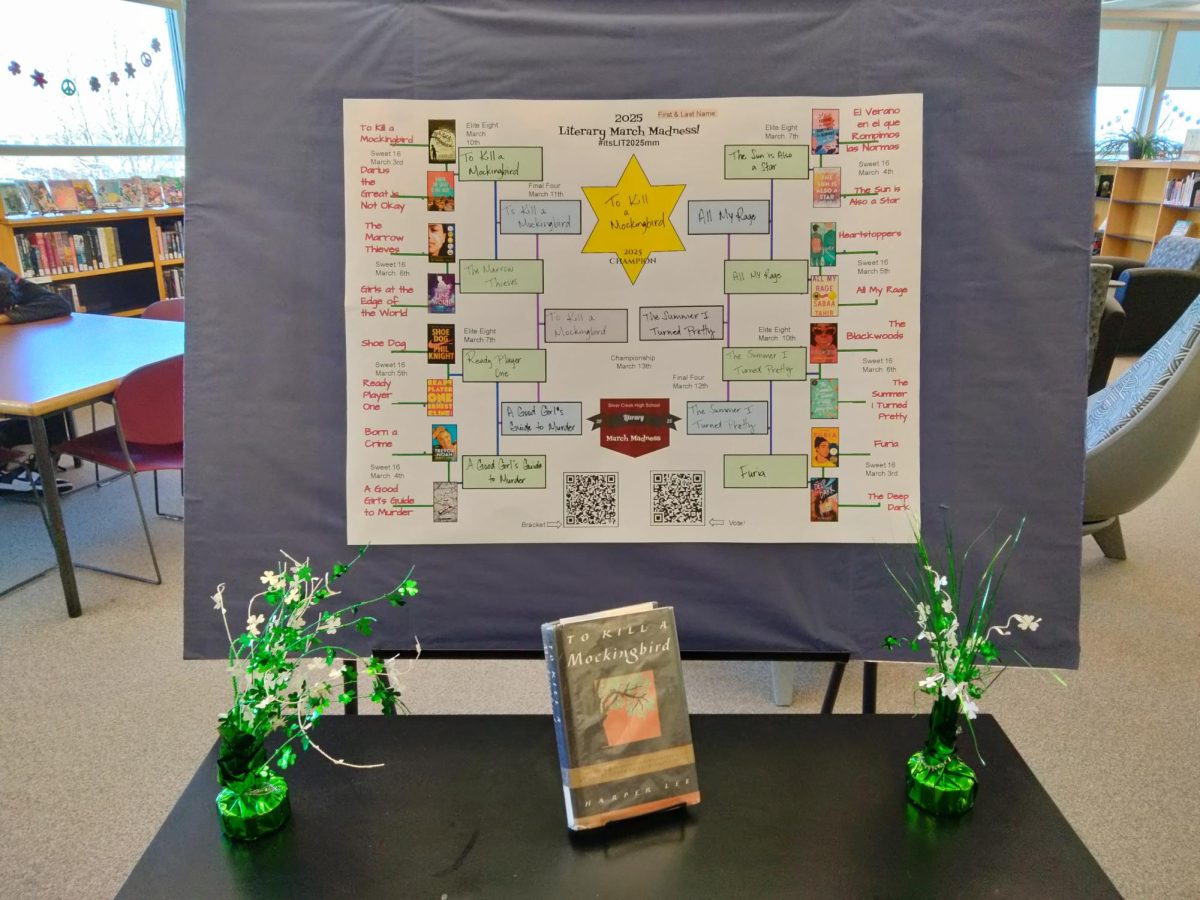
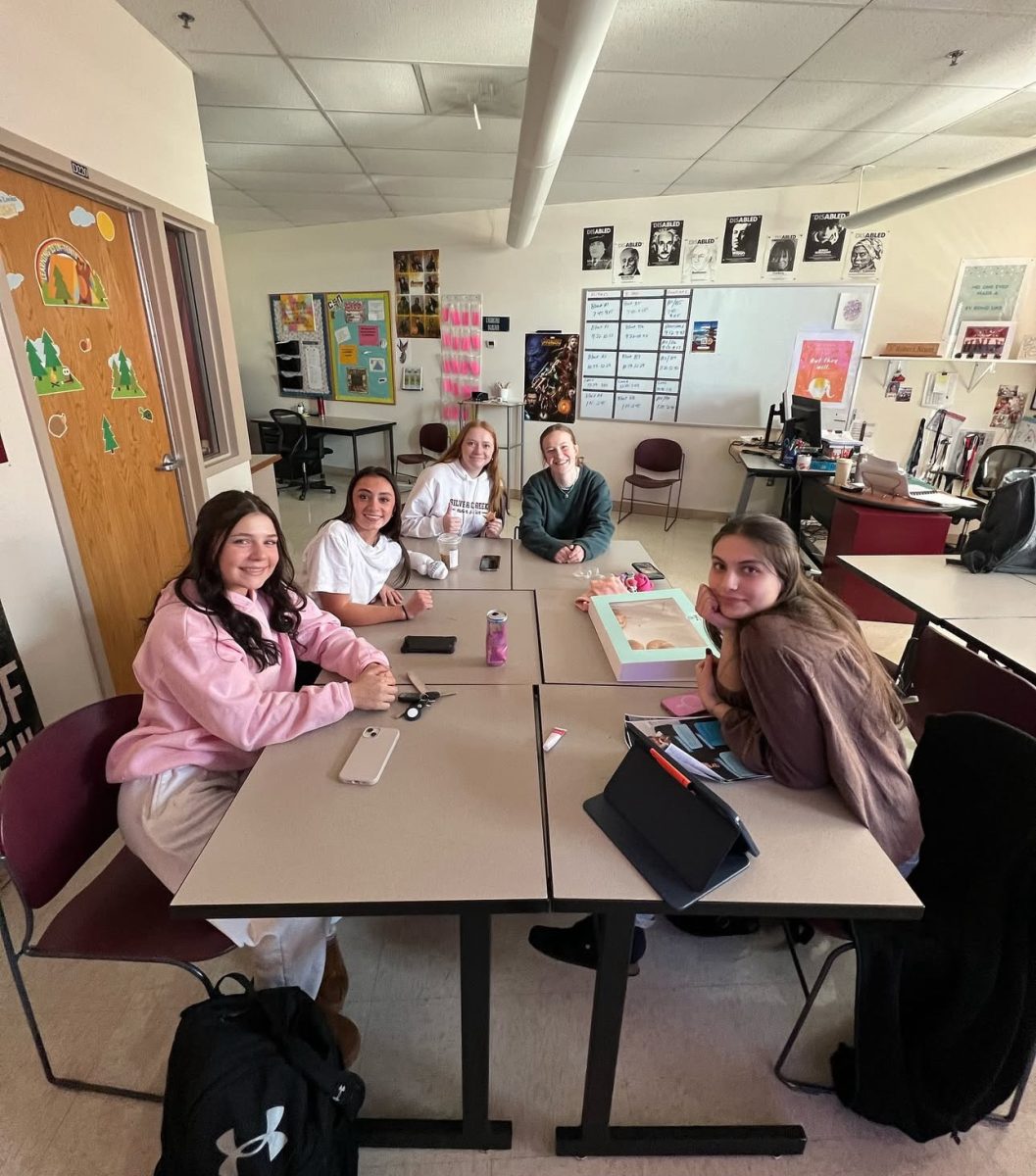

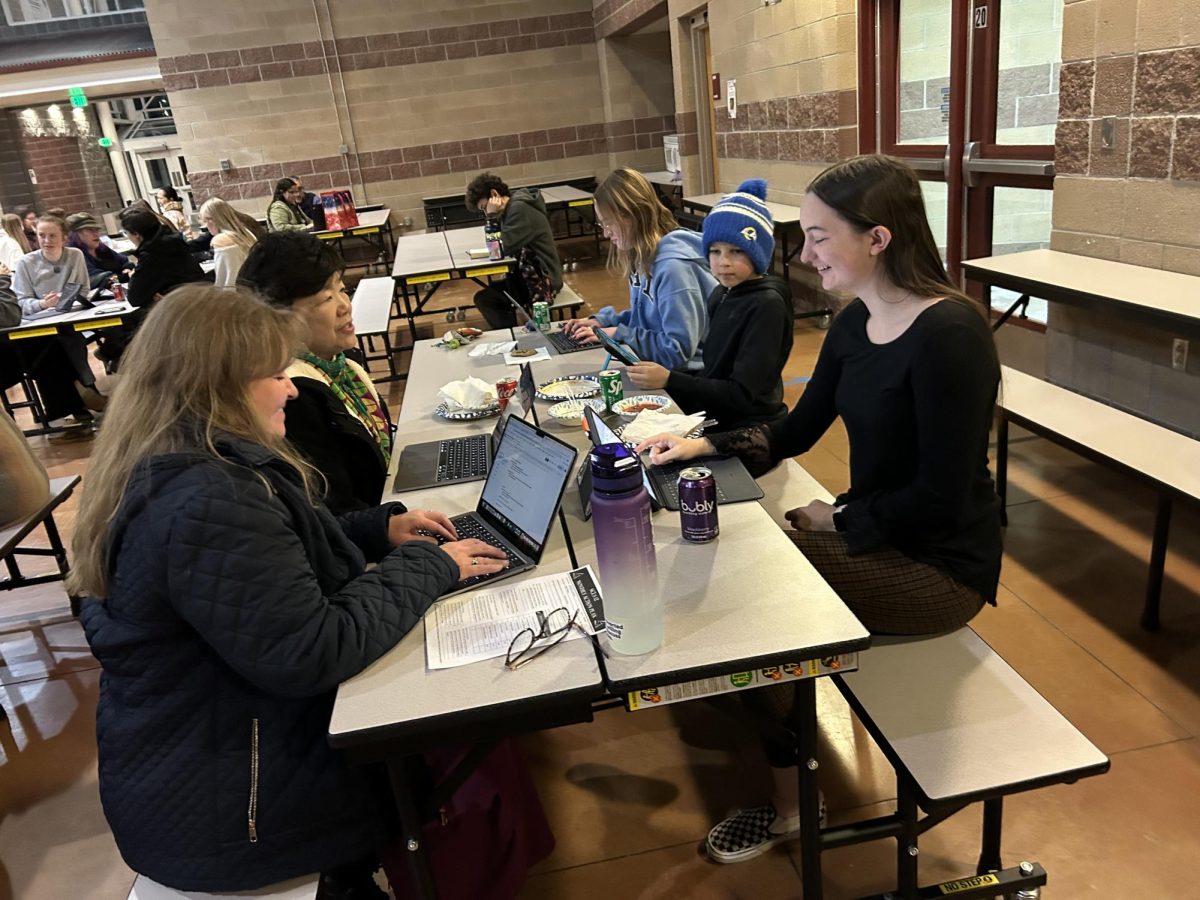
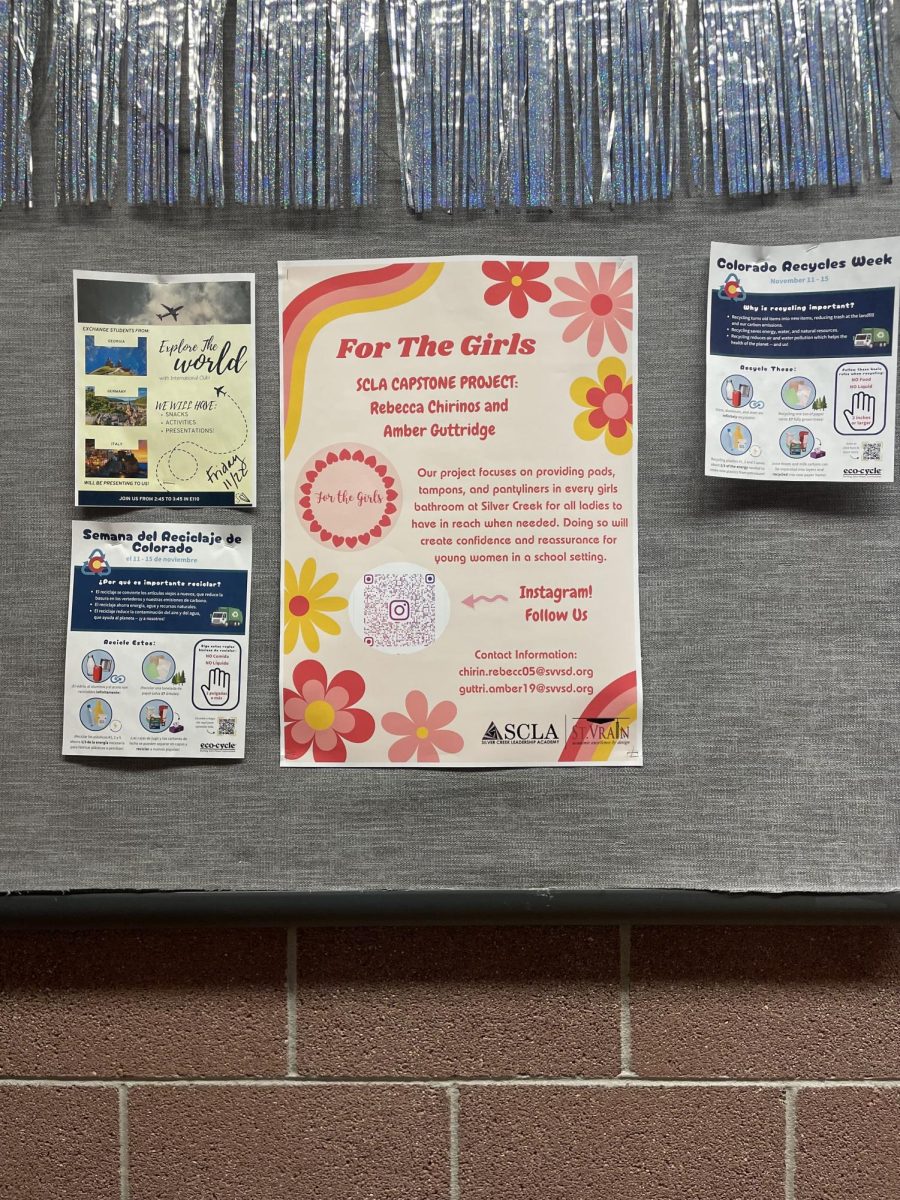
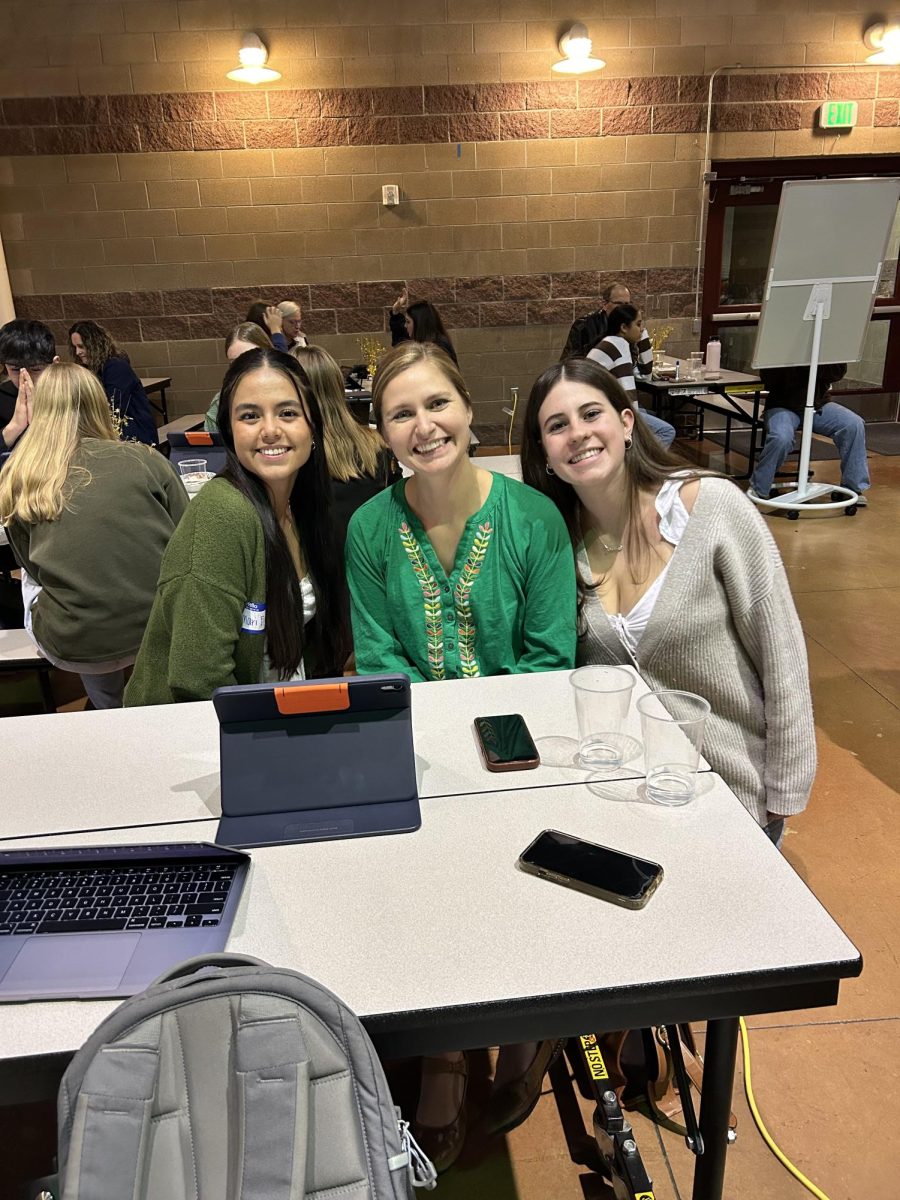
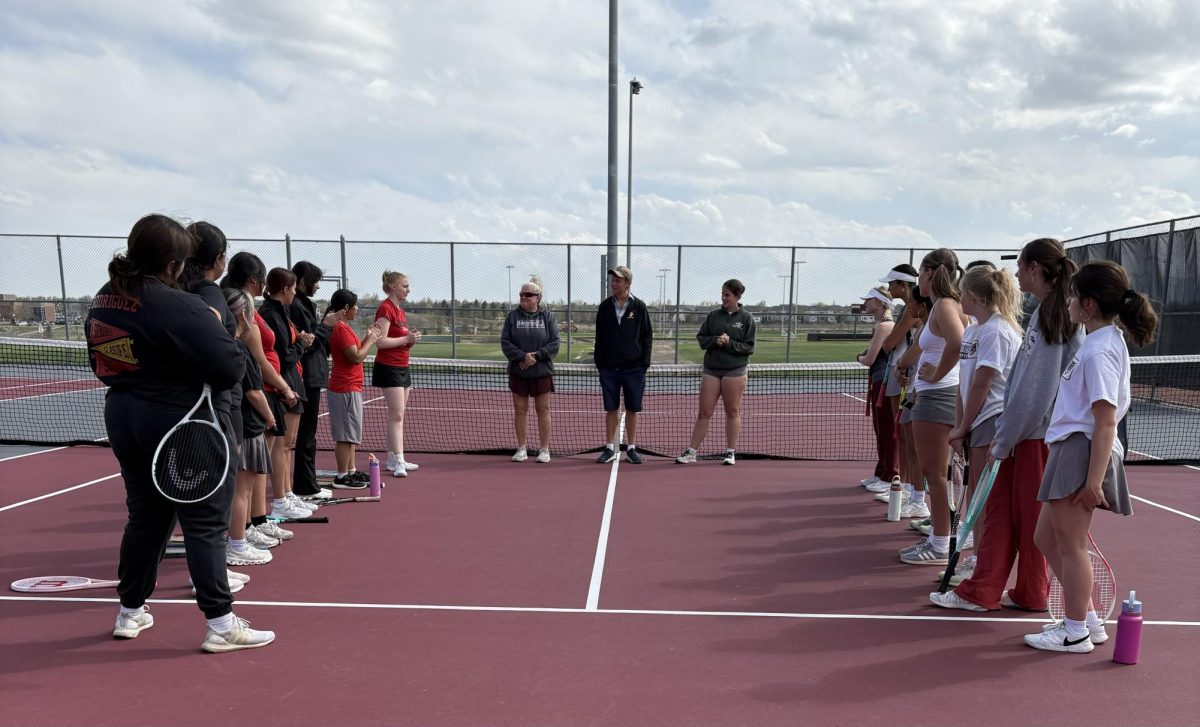

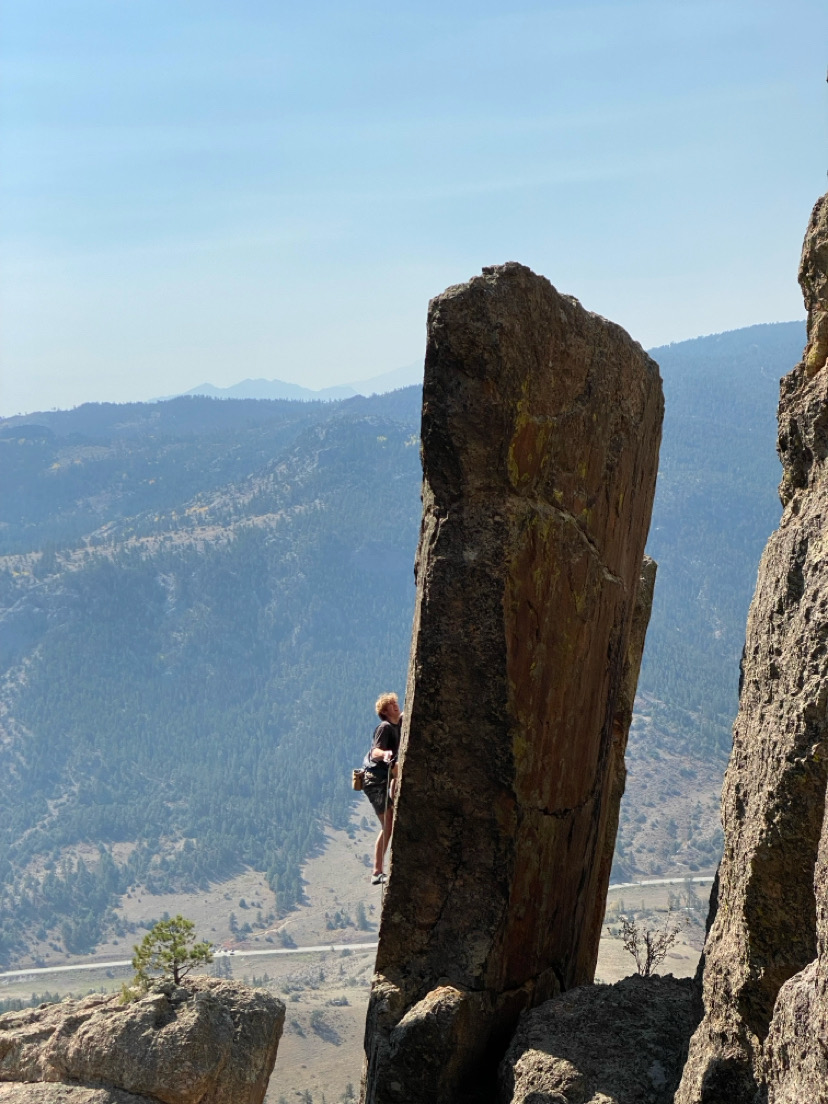

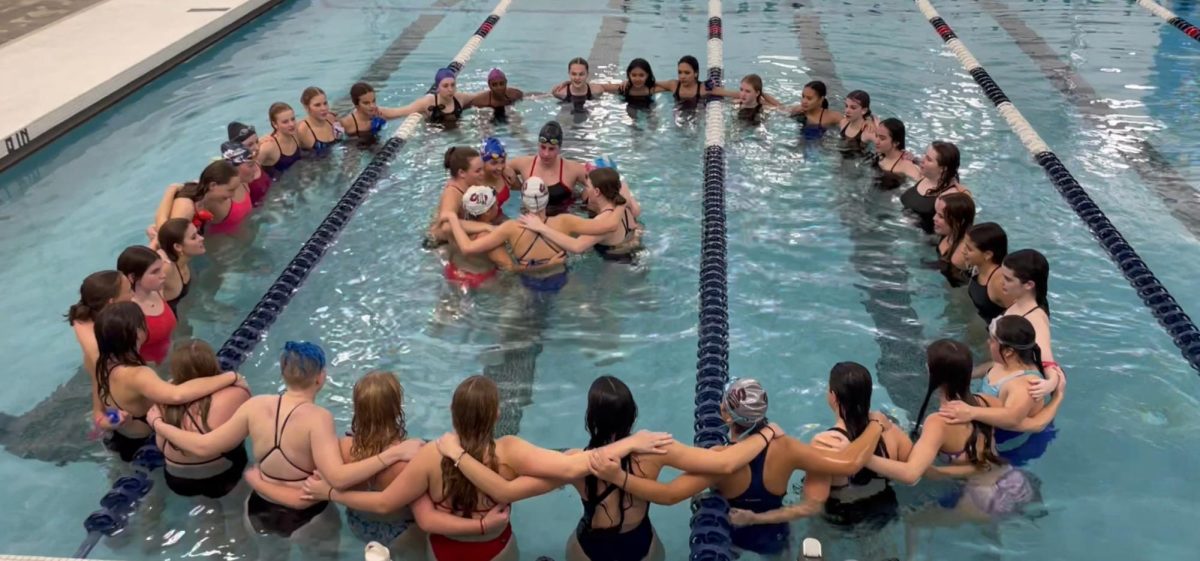
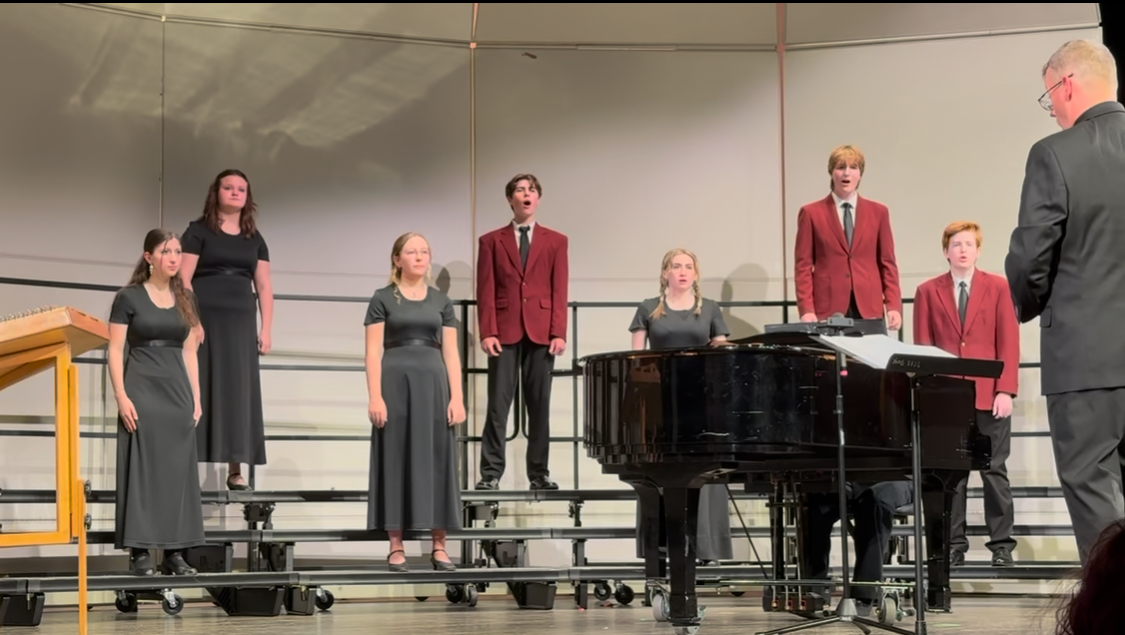
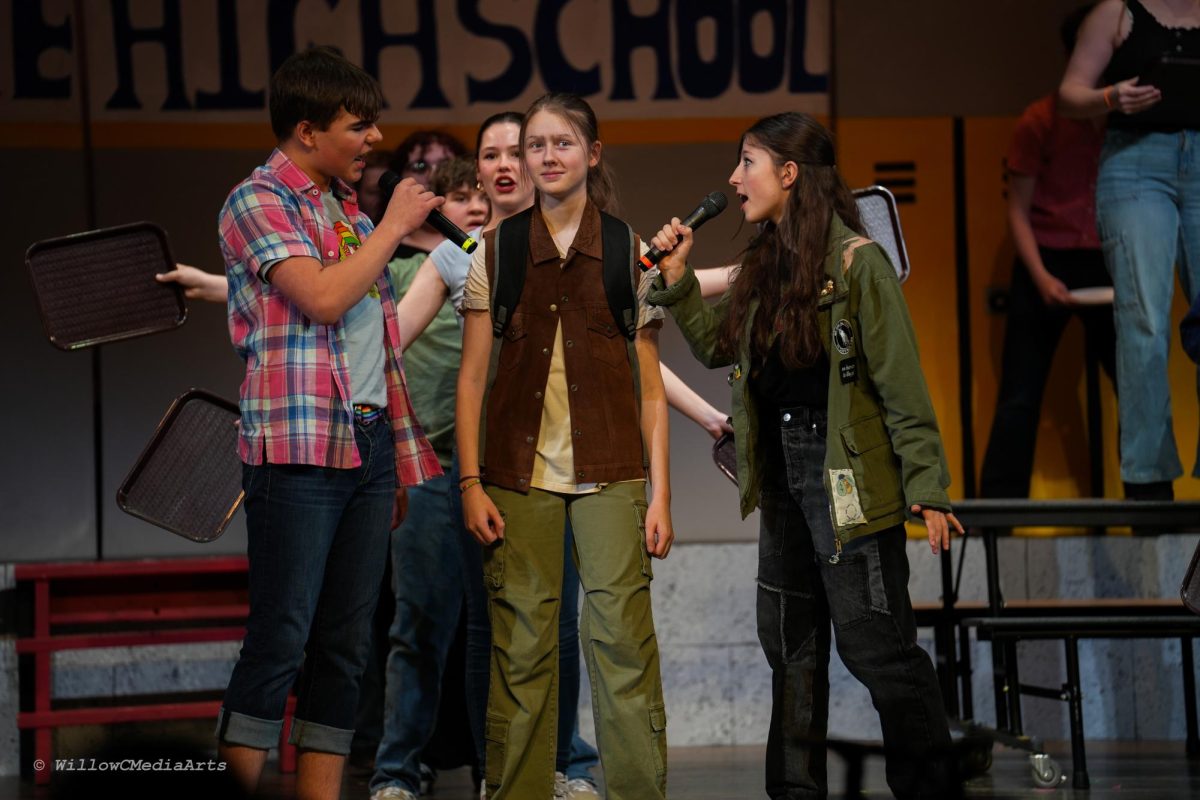
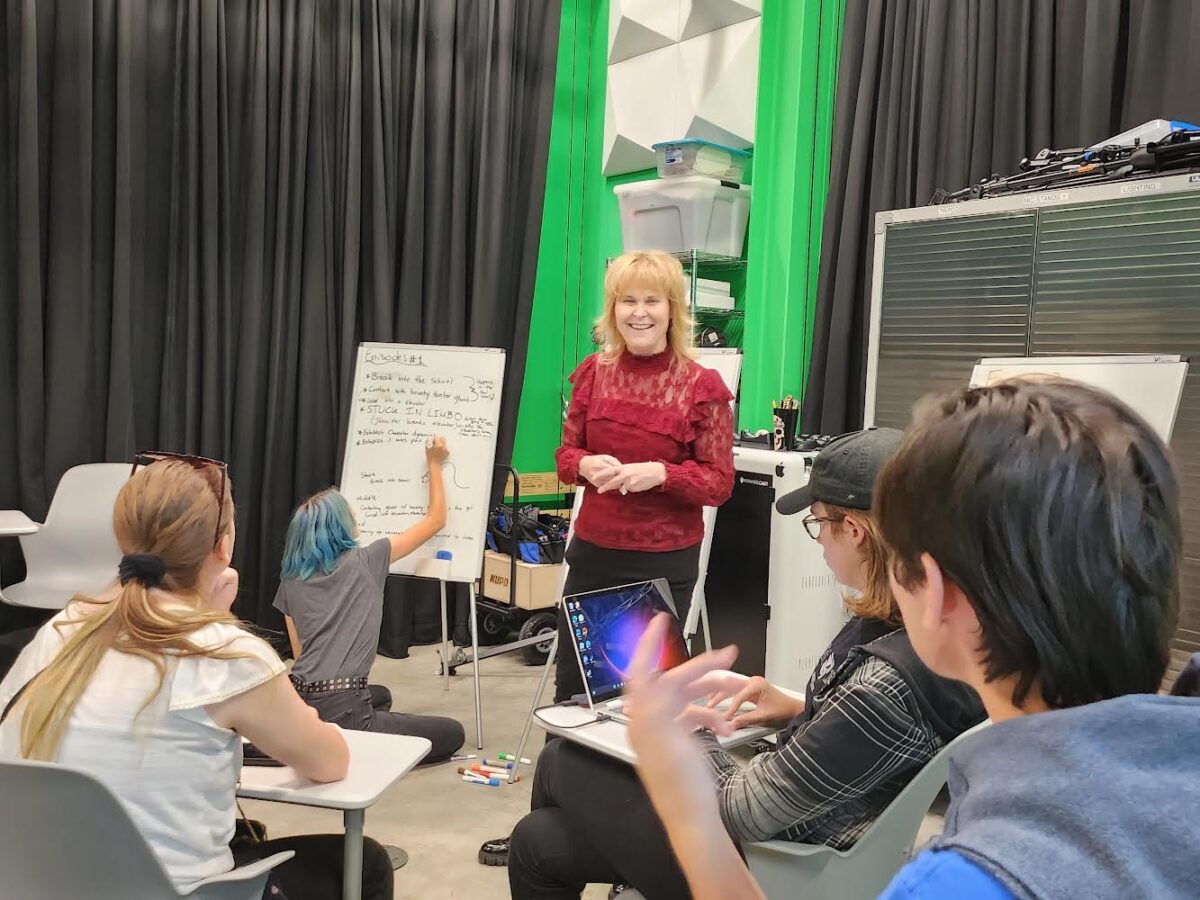

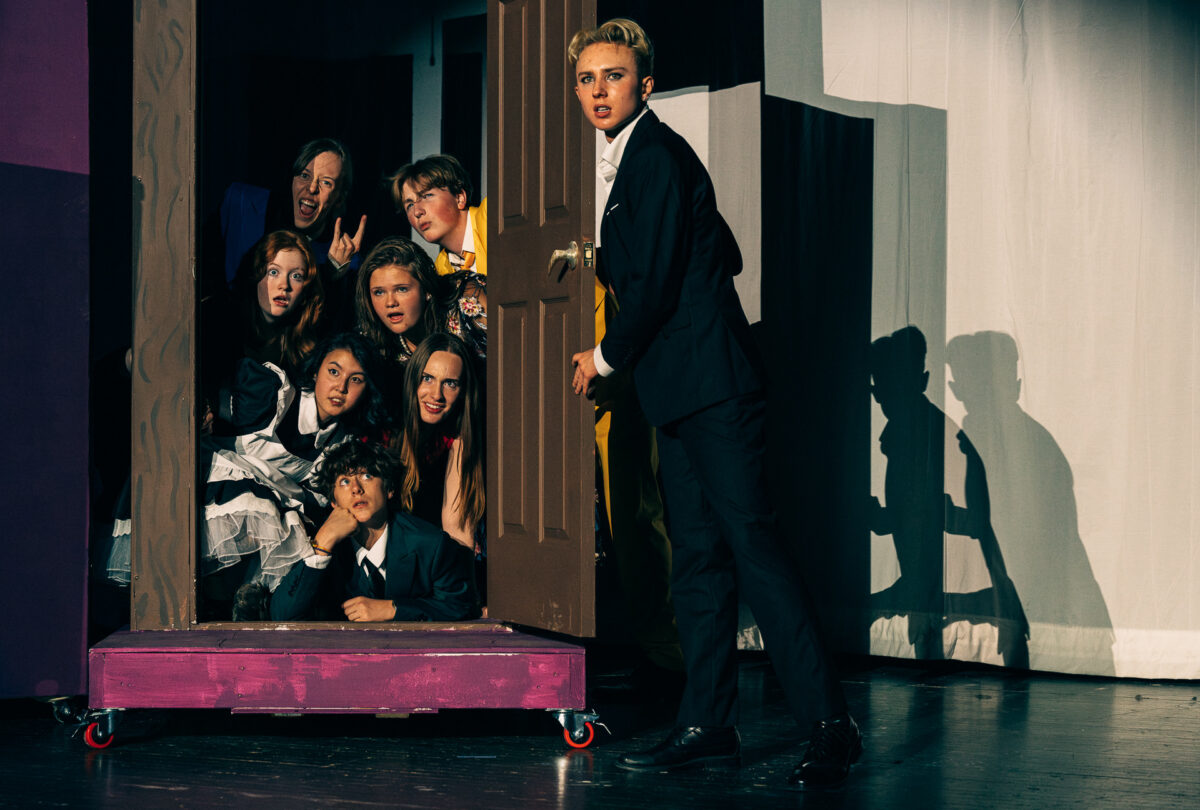

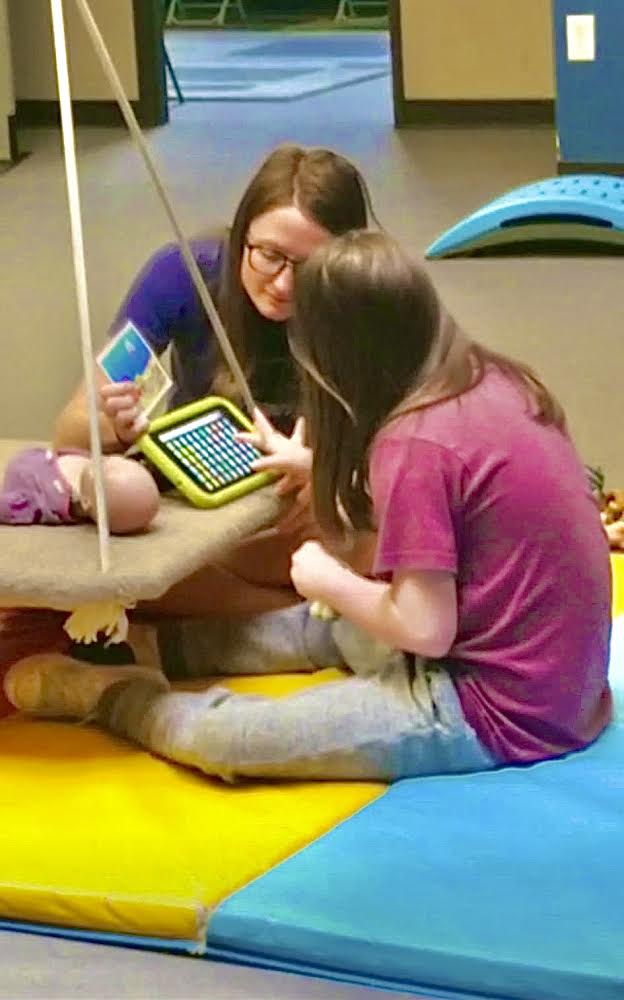

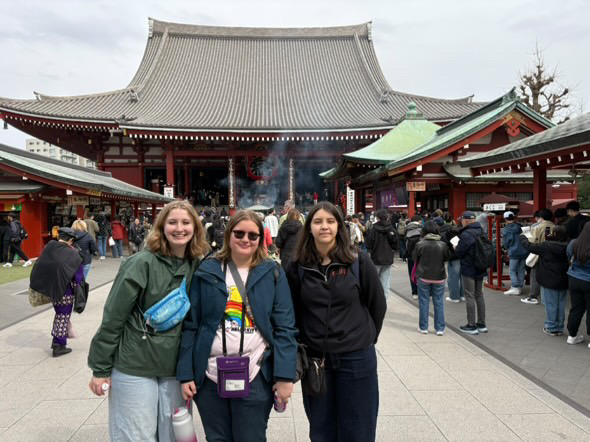
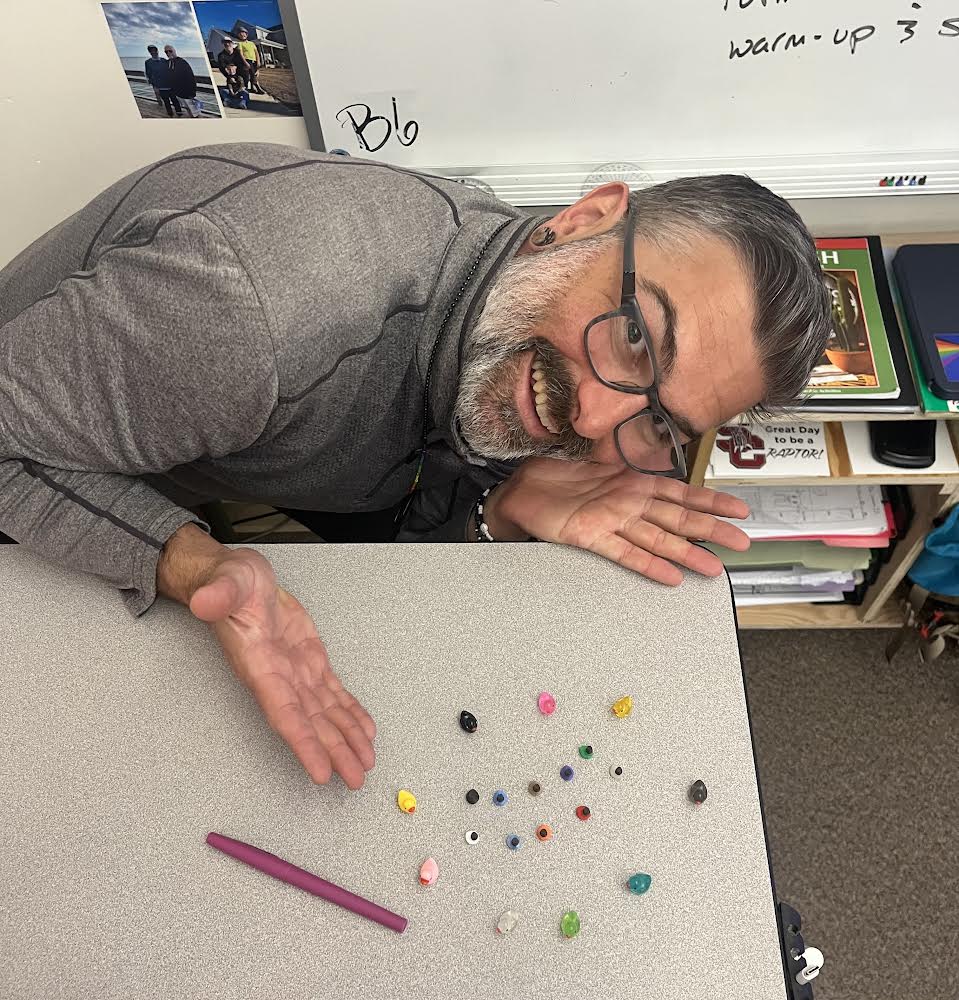
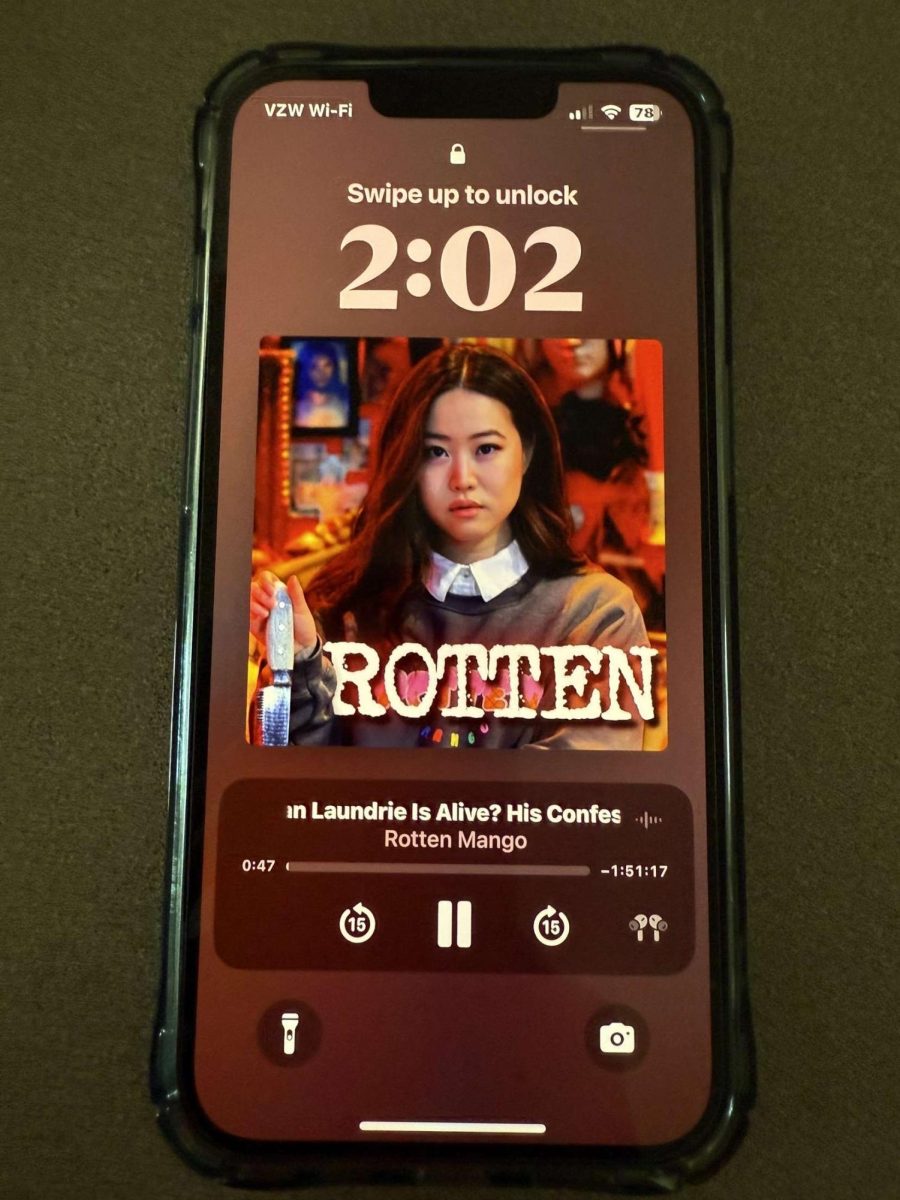

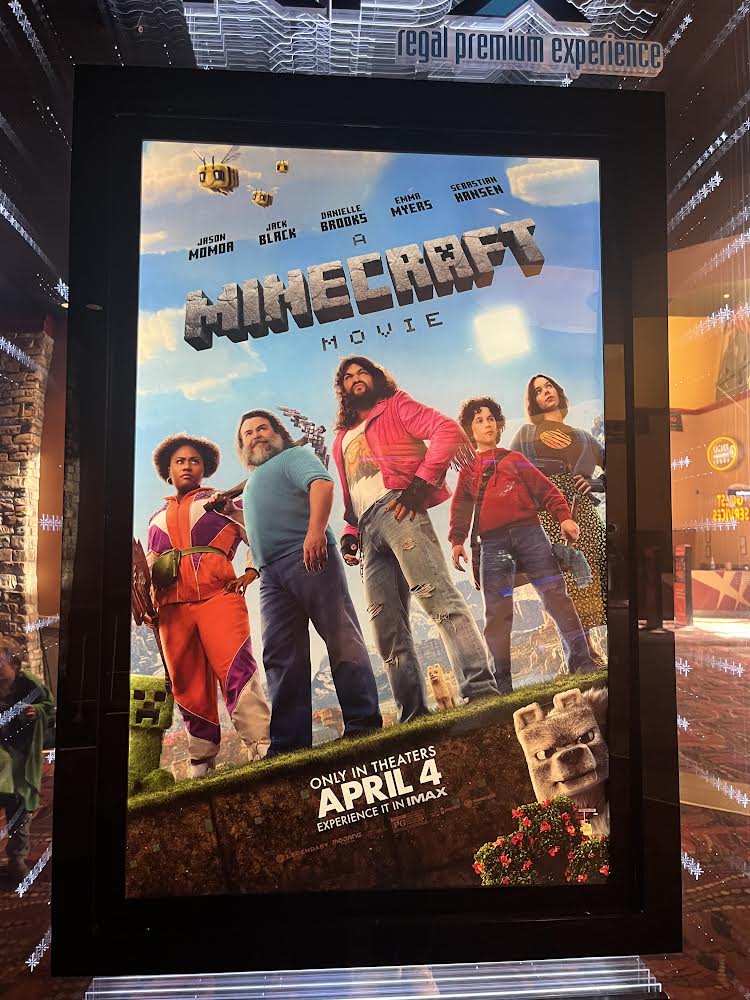


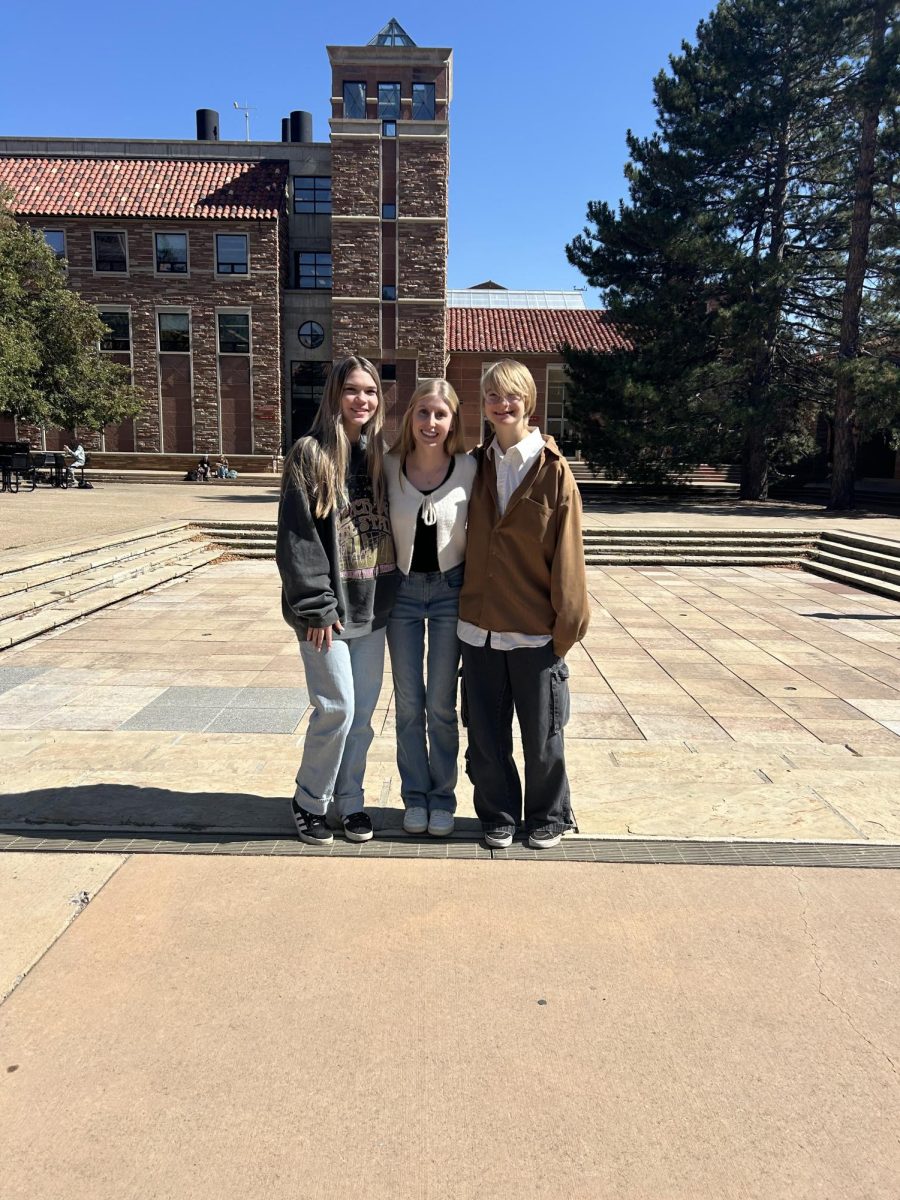
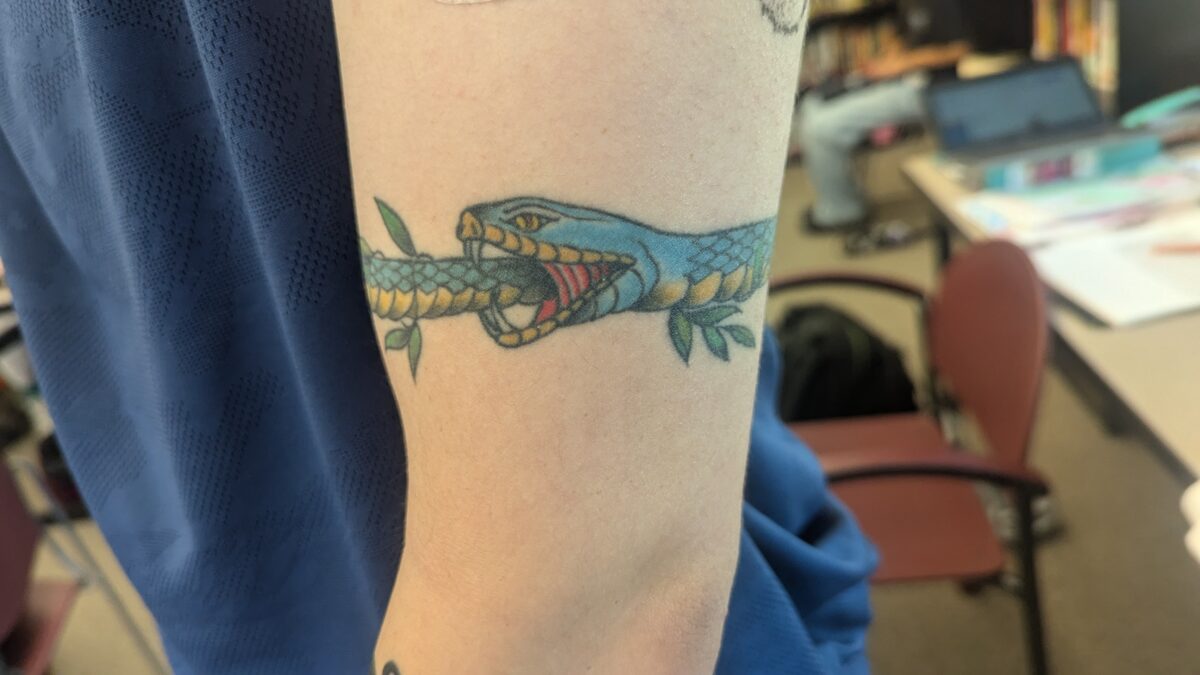
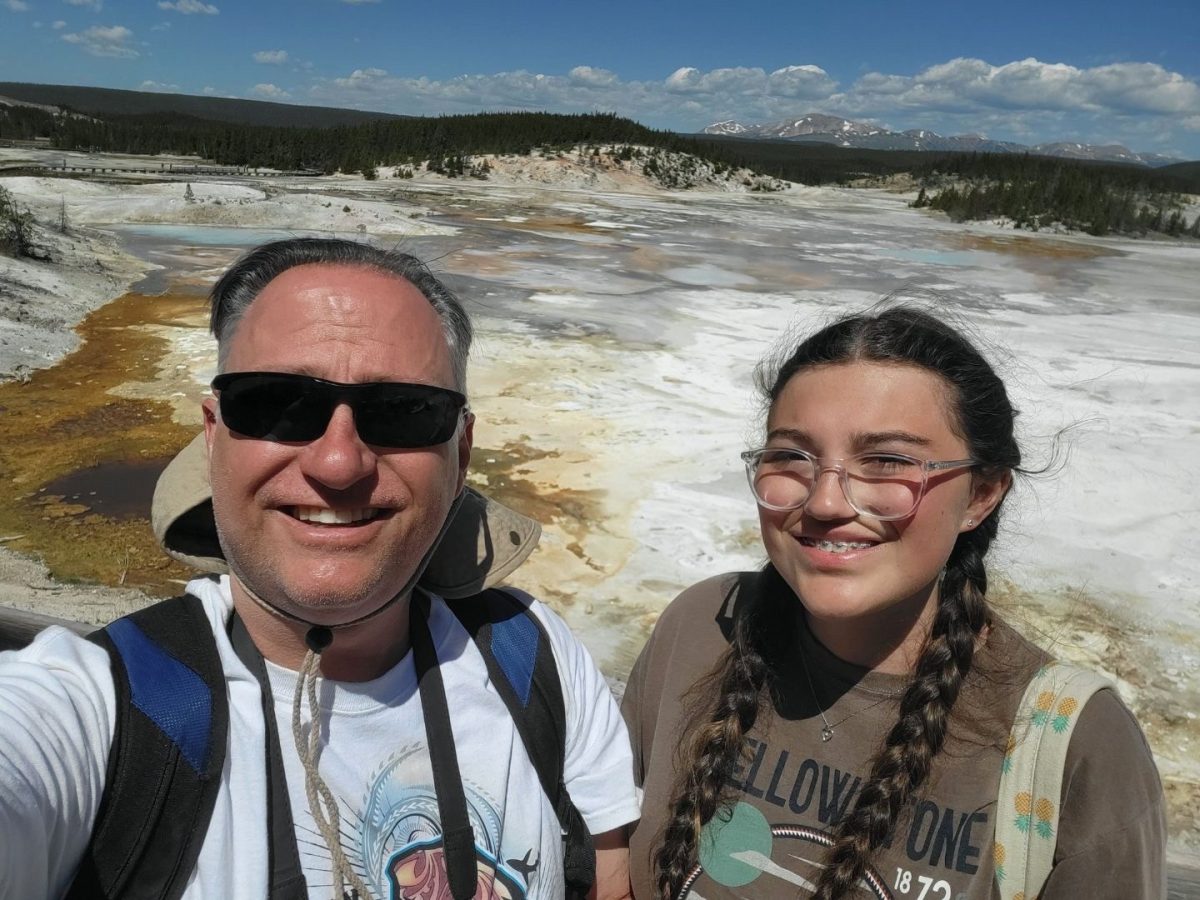
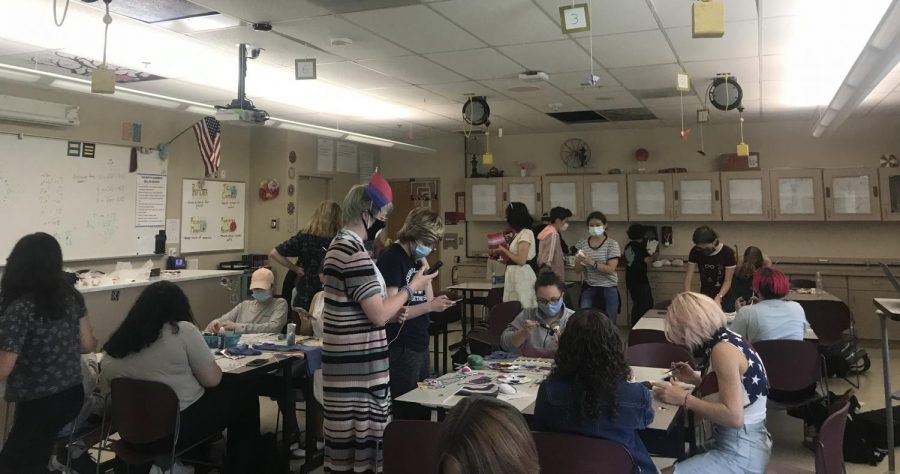

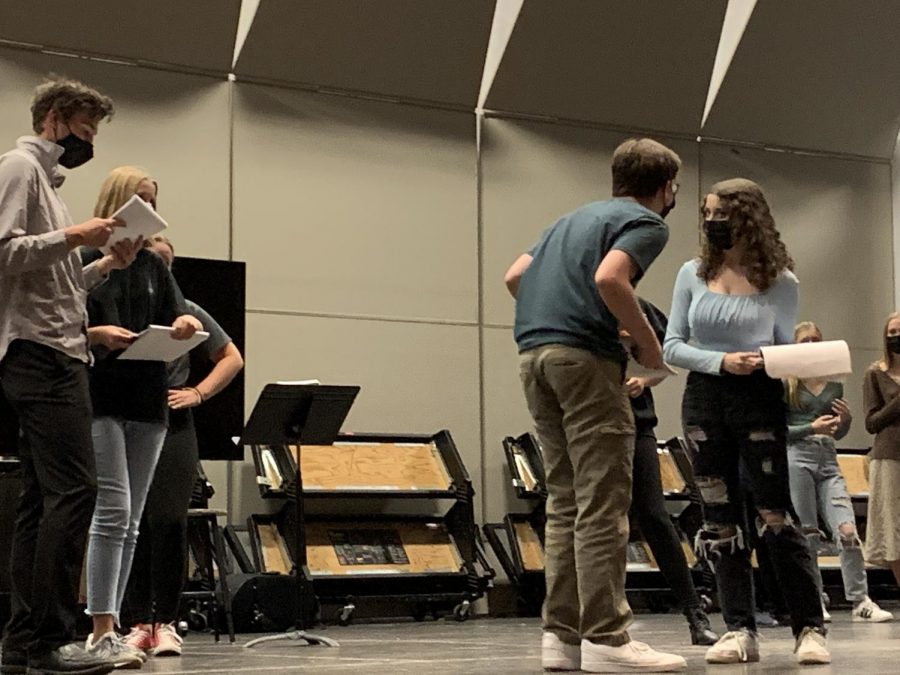
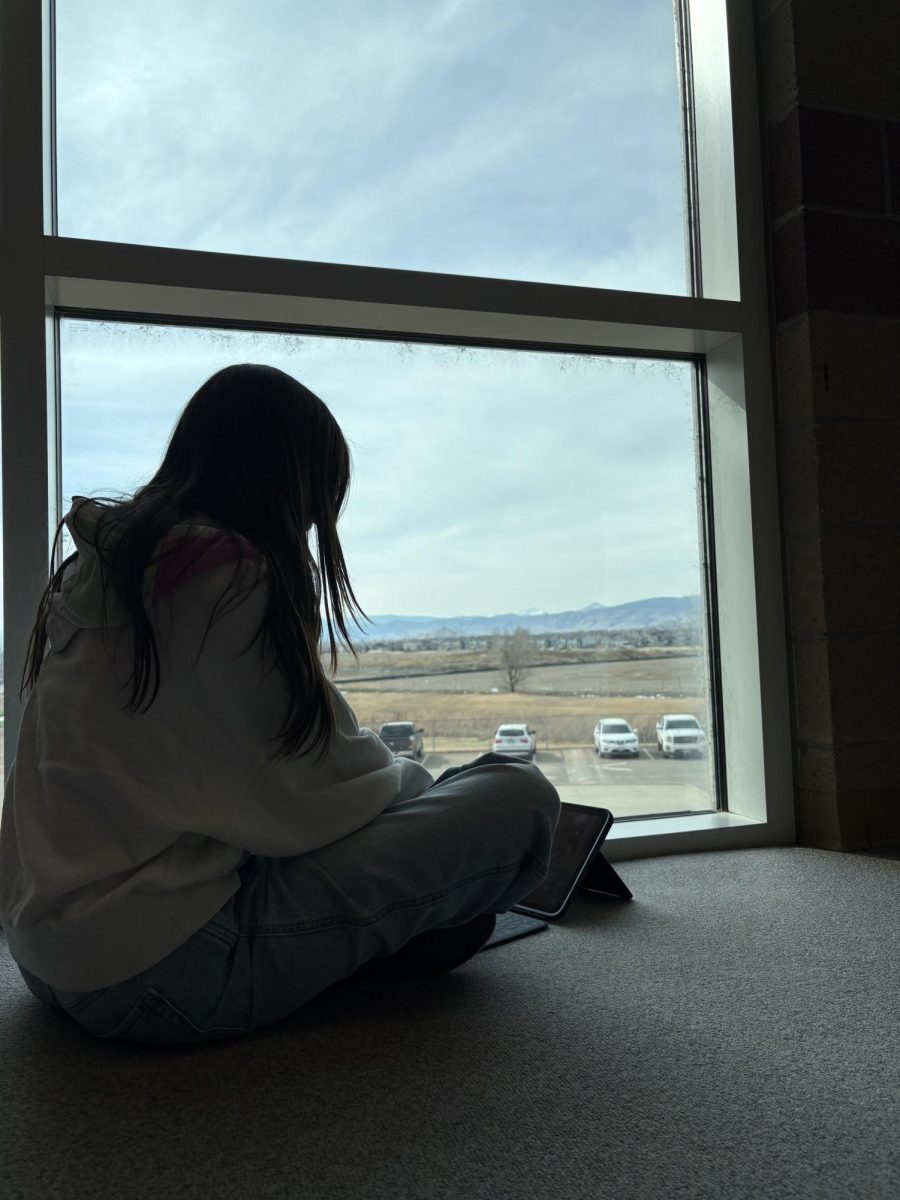

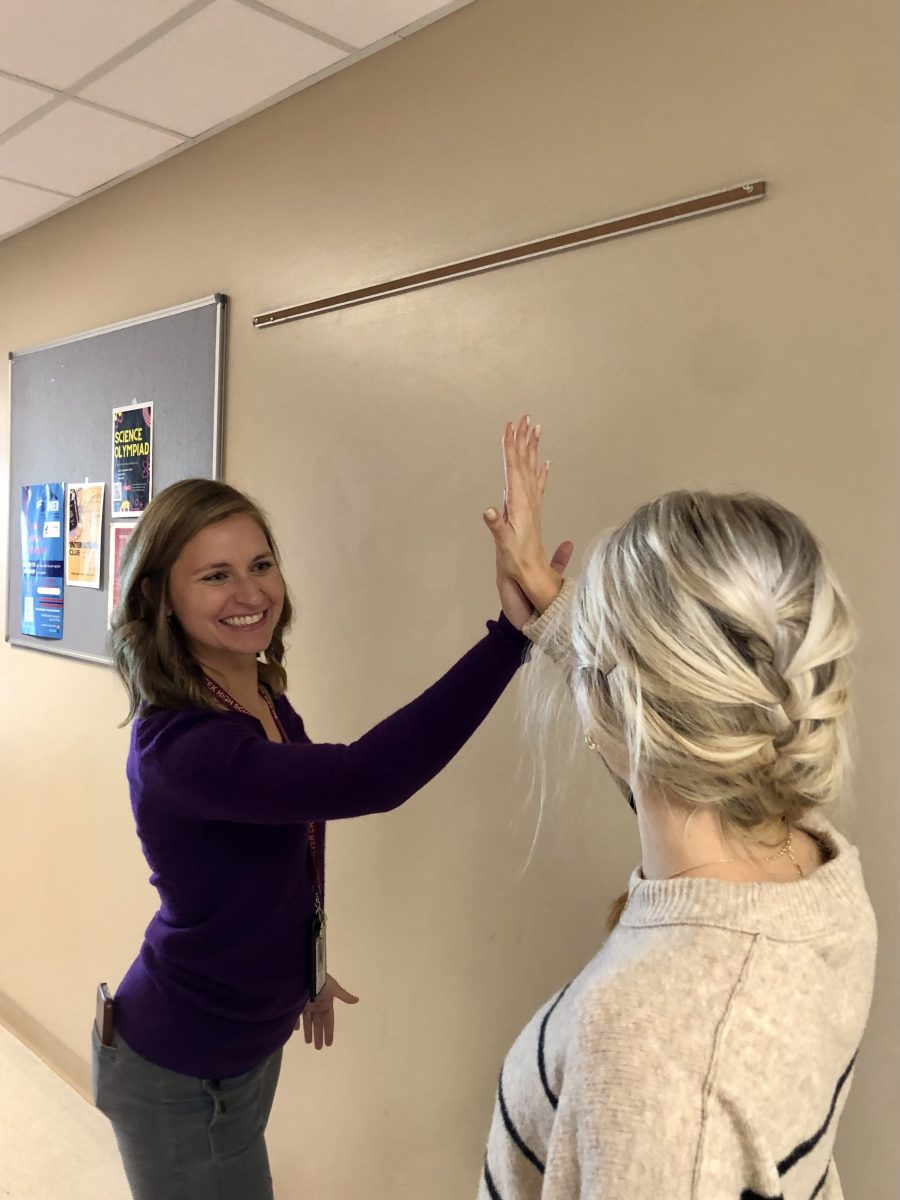
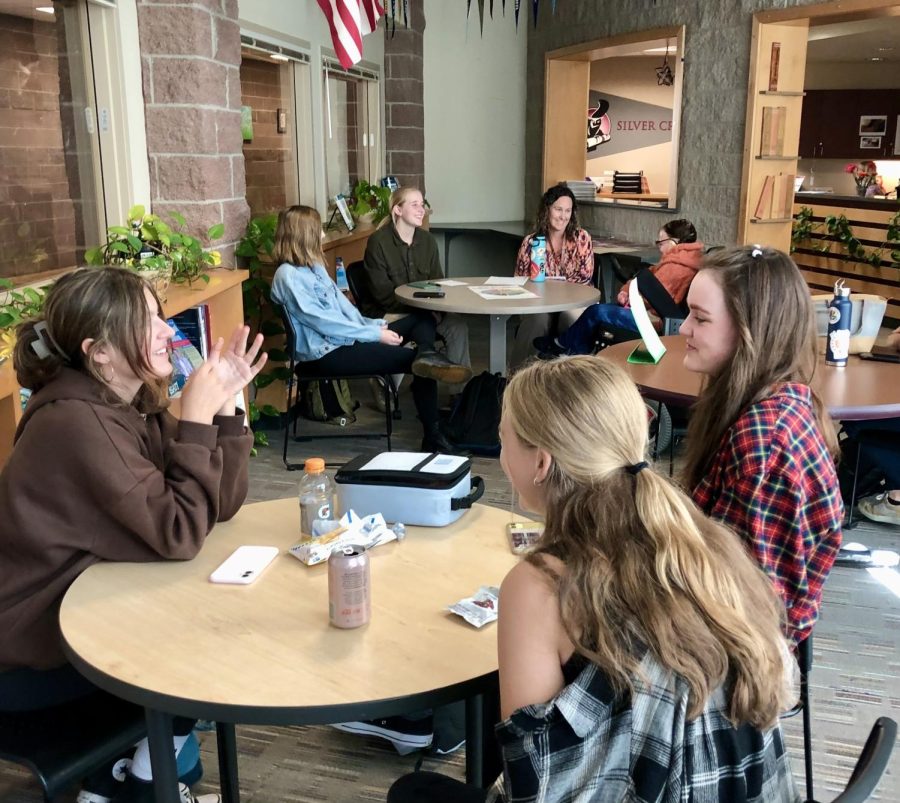
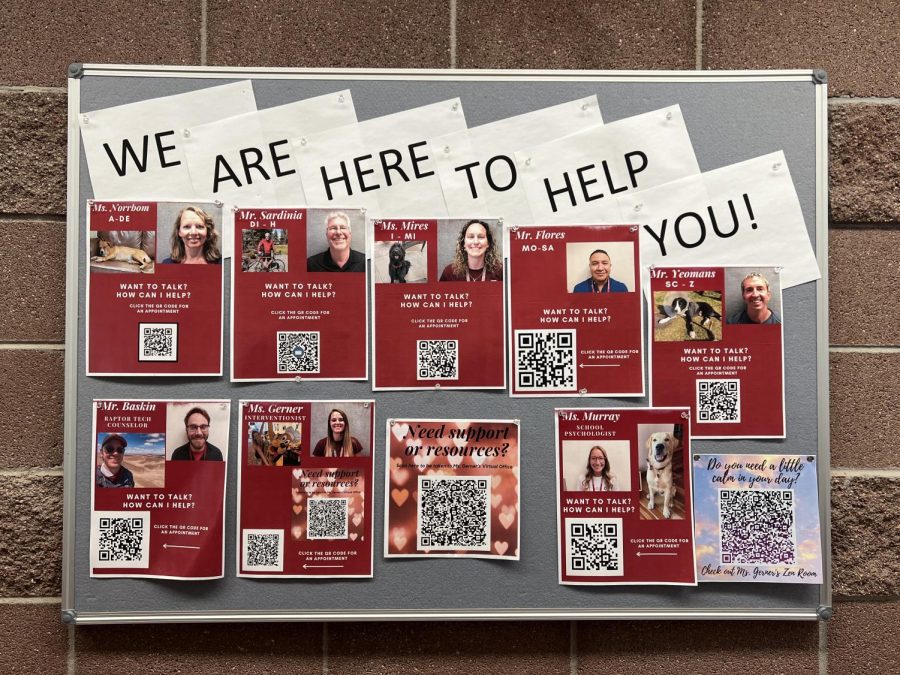
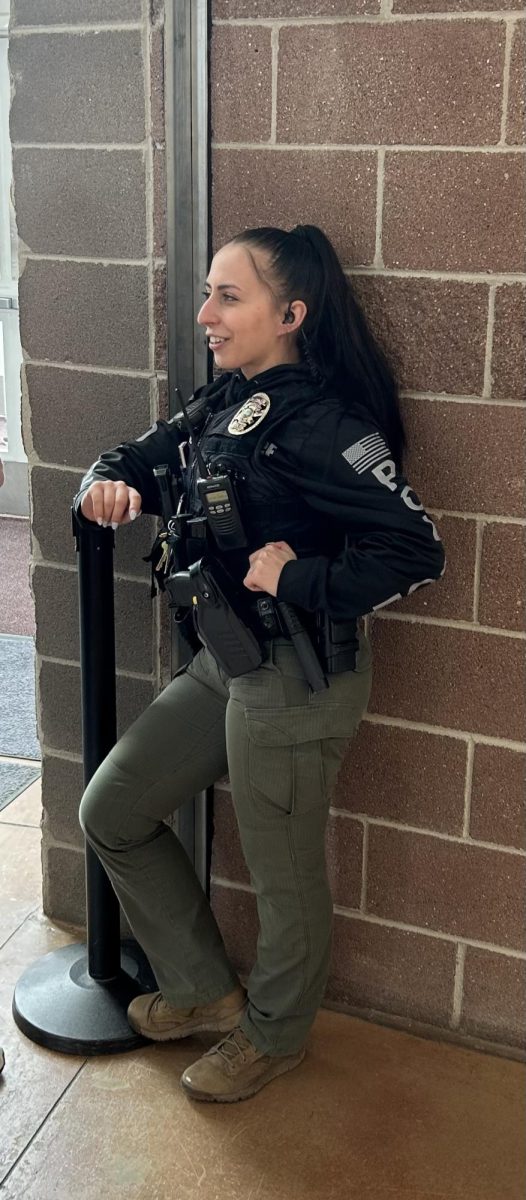

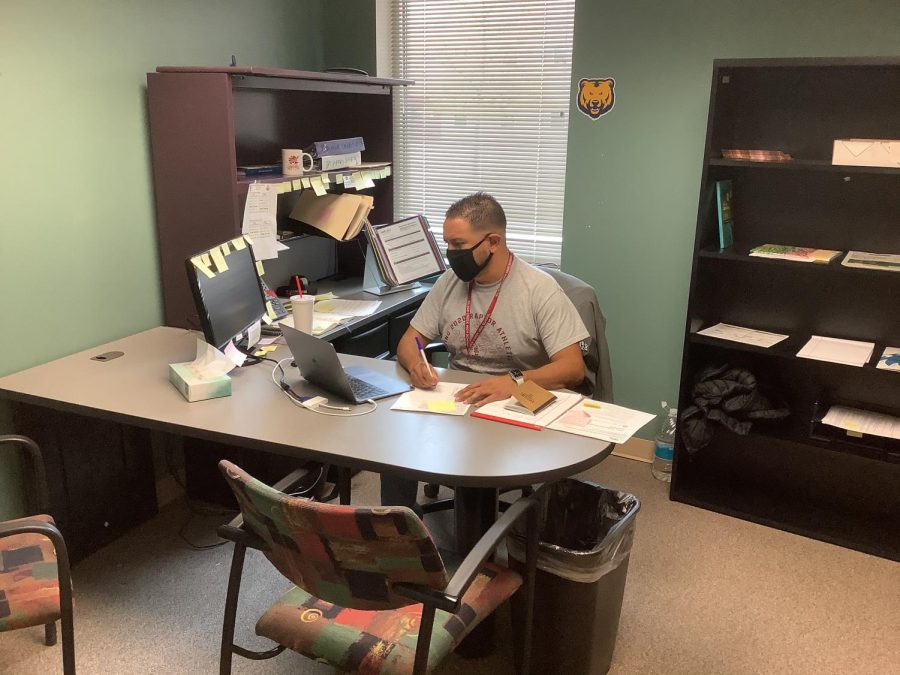
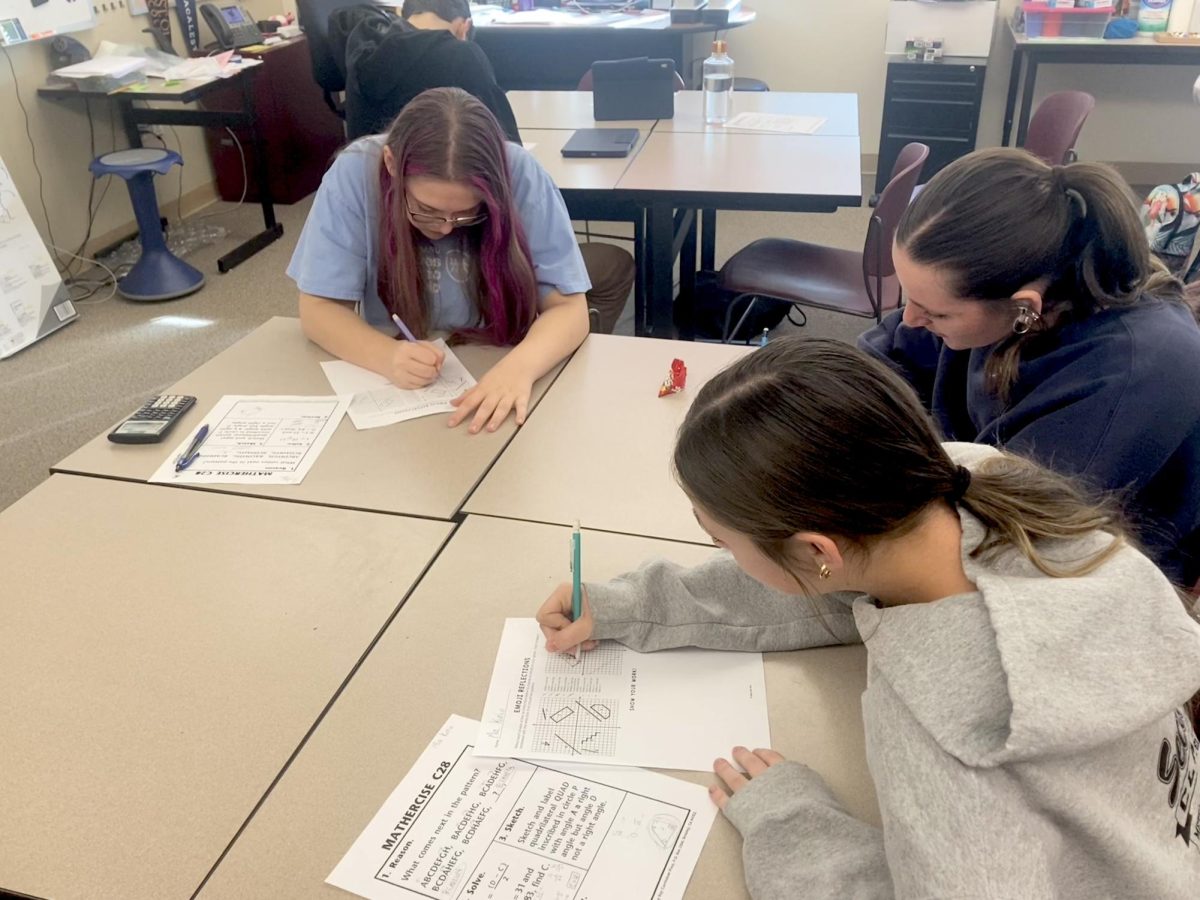
![Hosting the SCLA Casptone Mentor Dinner outside allowed for more attendees on September 27, 2021 at Silver Creek. This event would’ve usually been held inside. According to Lauren Kohn, a SCLA 12 teacher, “If we have a higher number of people, as long as we can host the event outside, then that seems to be keeping every[one] safe”.](https://schsnews.org/wp-content/uploads/2021/11/sxMAIGbSYGodZkqmrvTi5YWcJ1ssWA08ApkeMLpp-900x675.jpeg)

